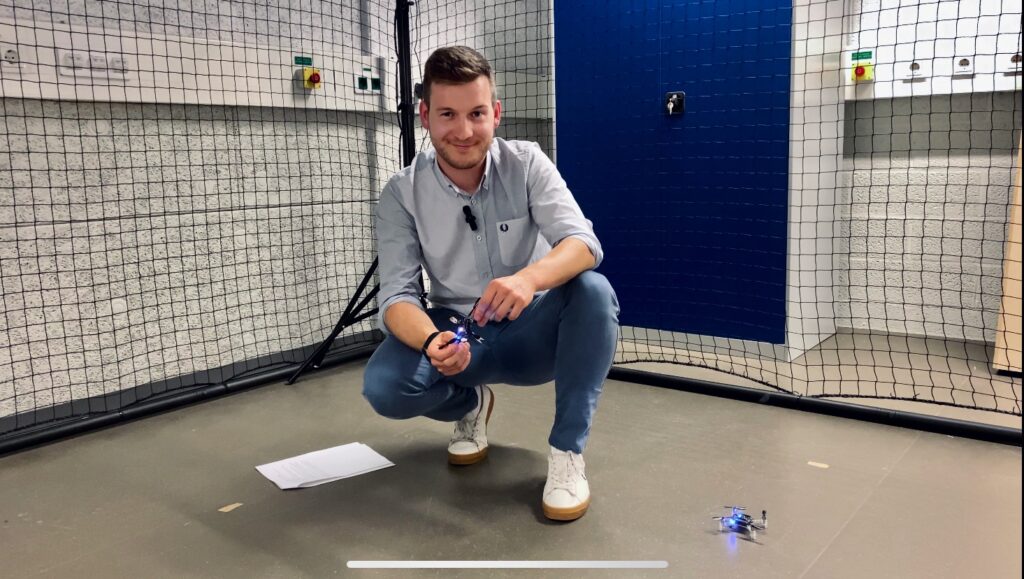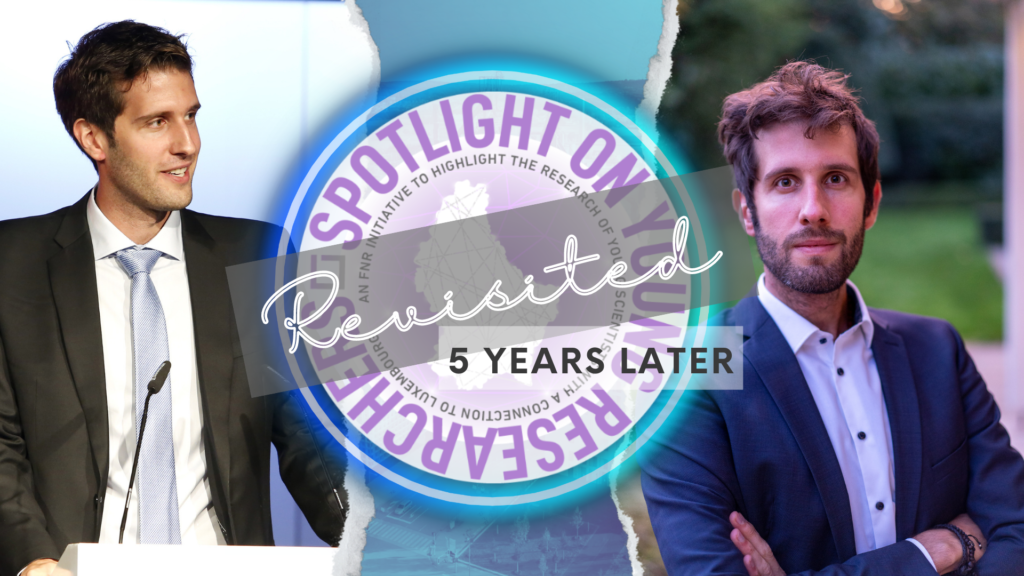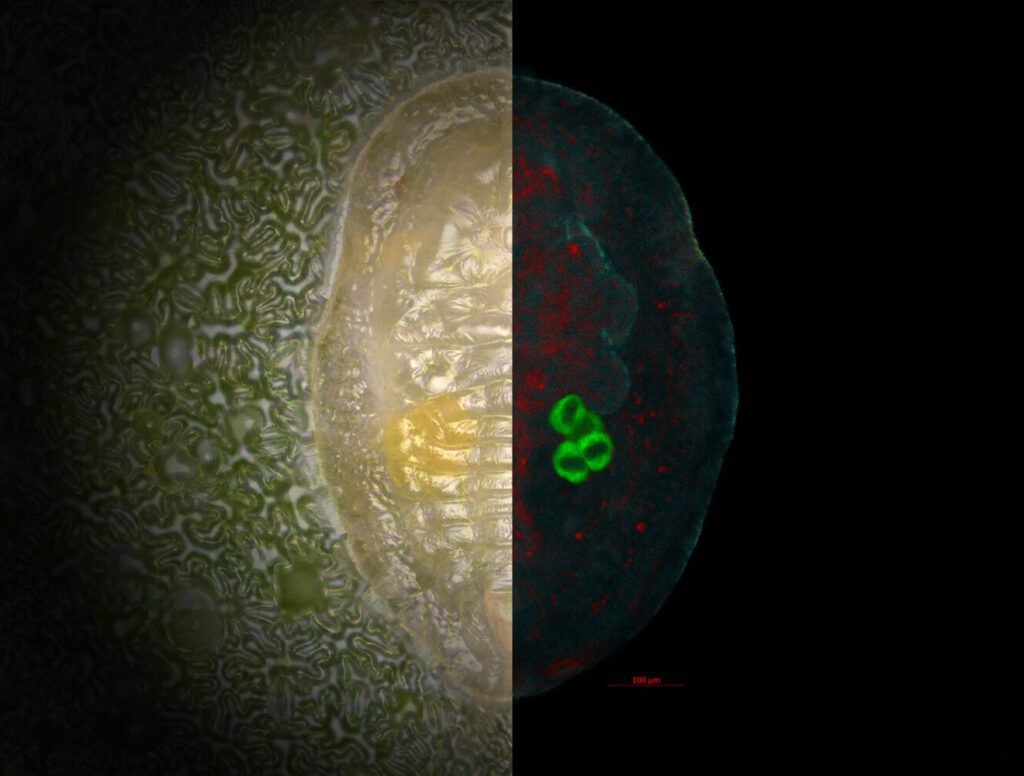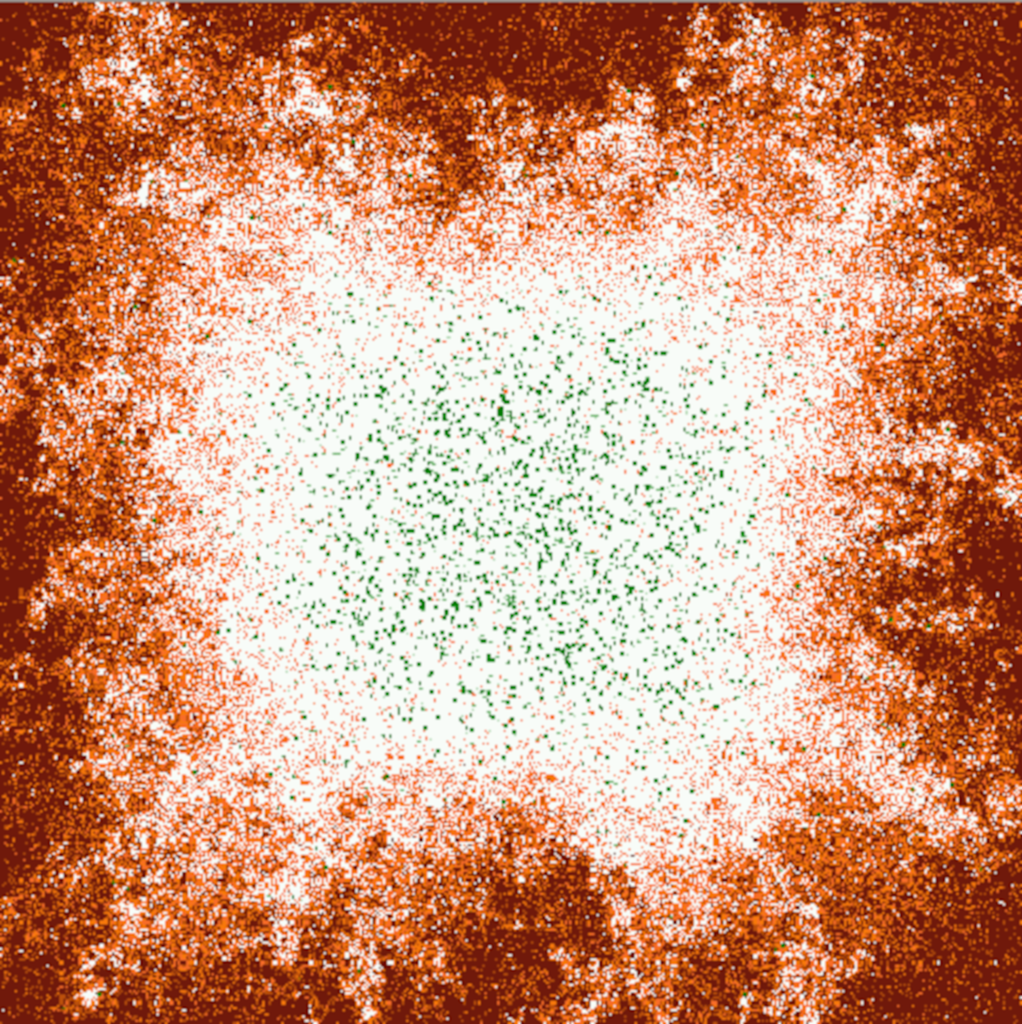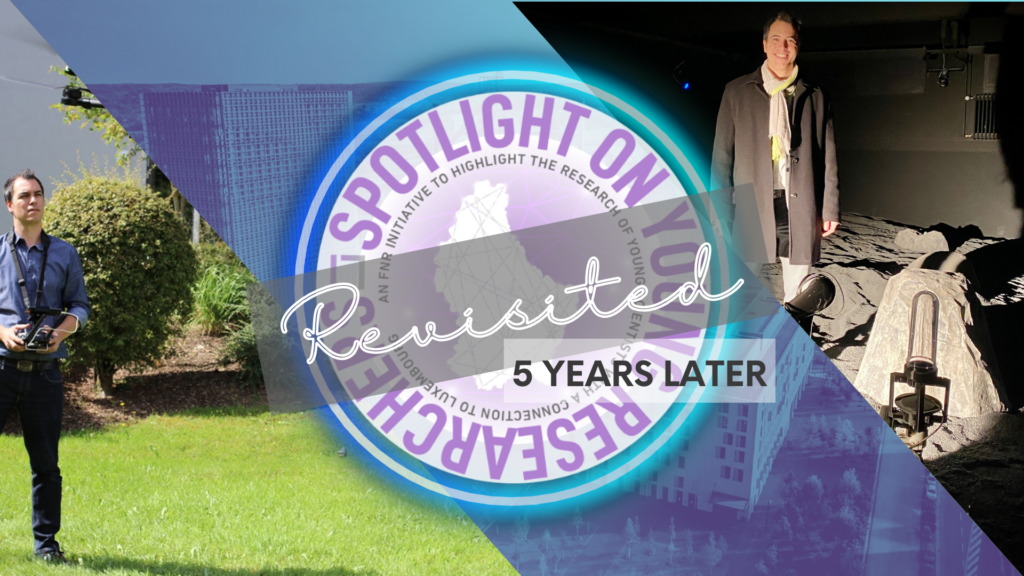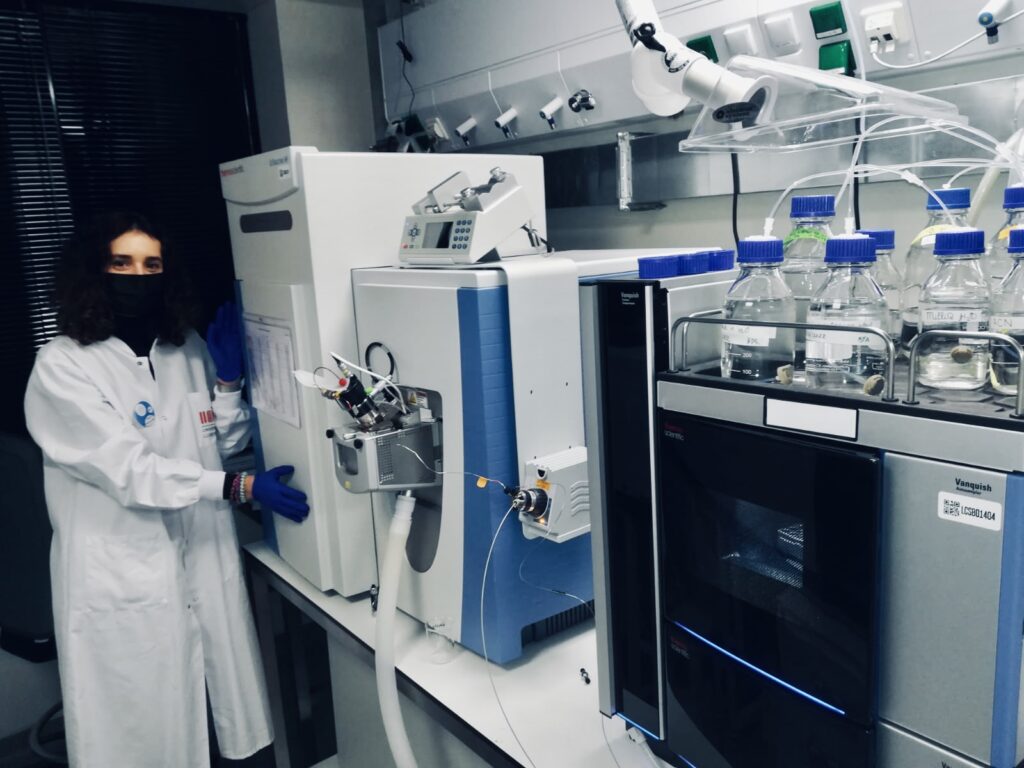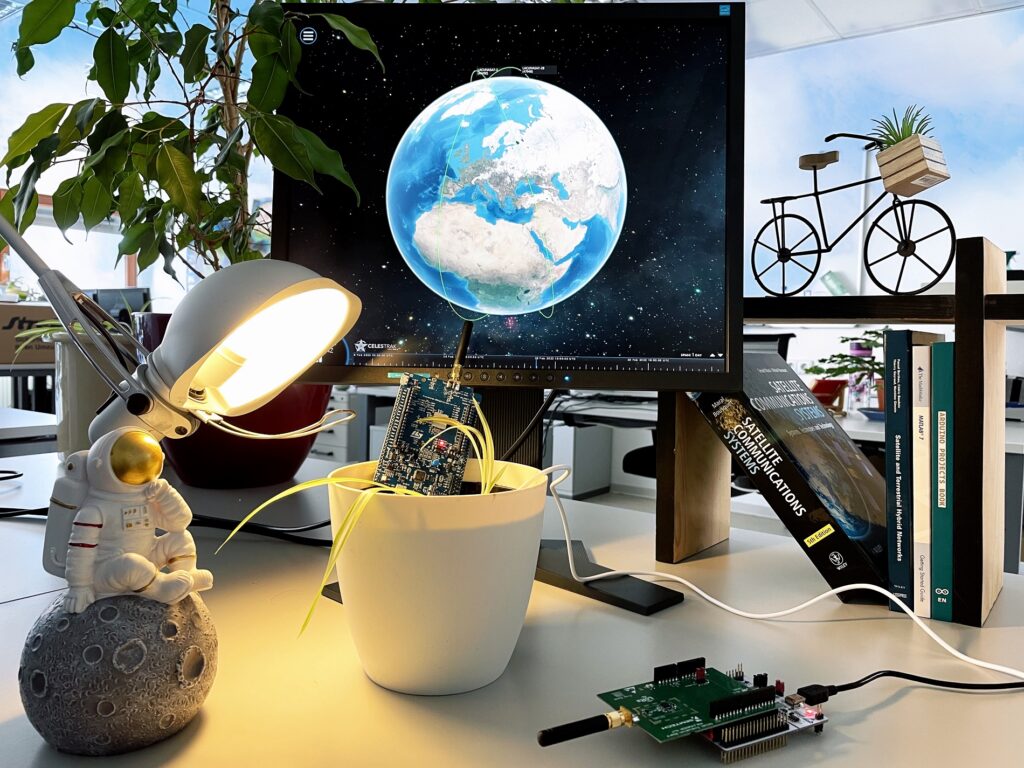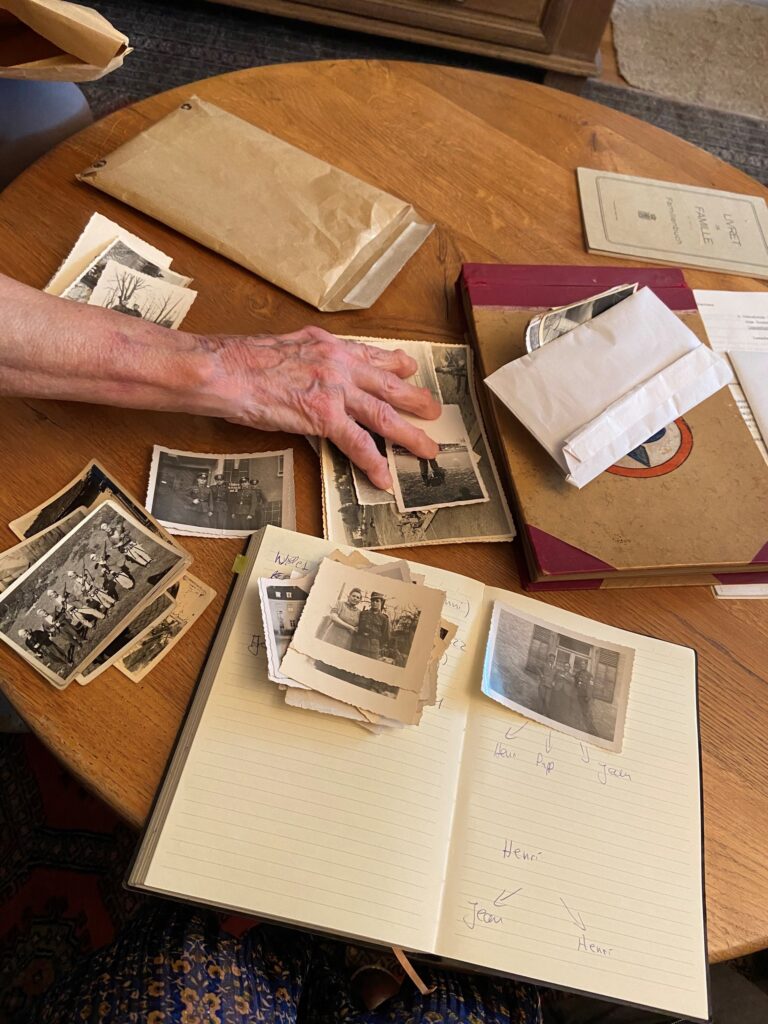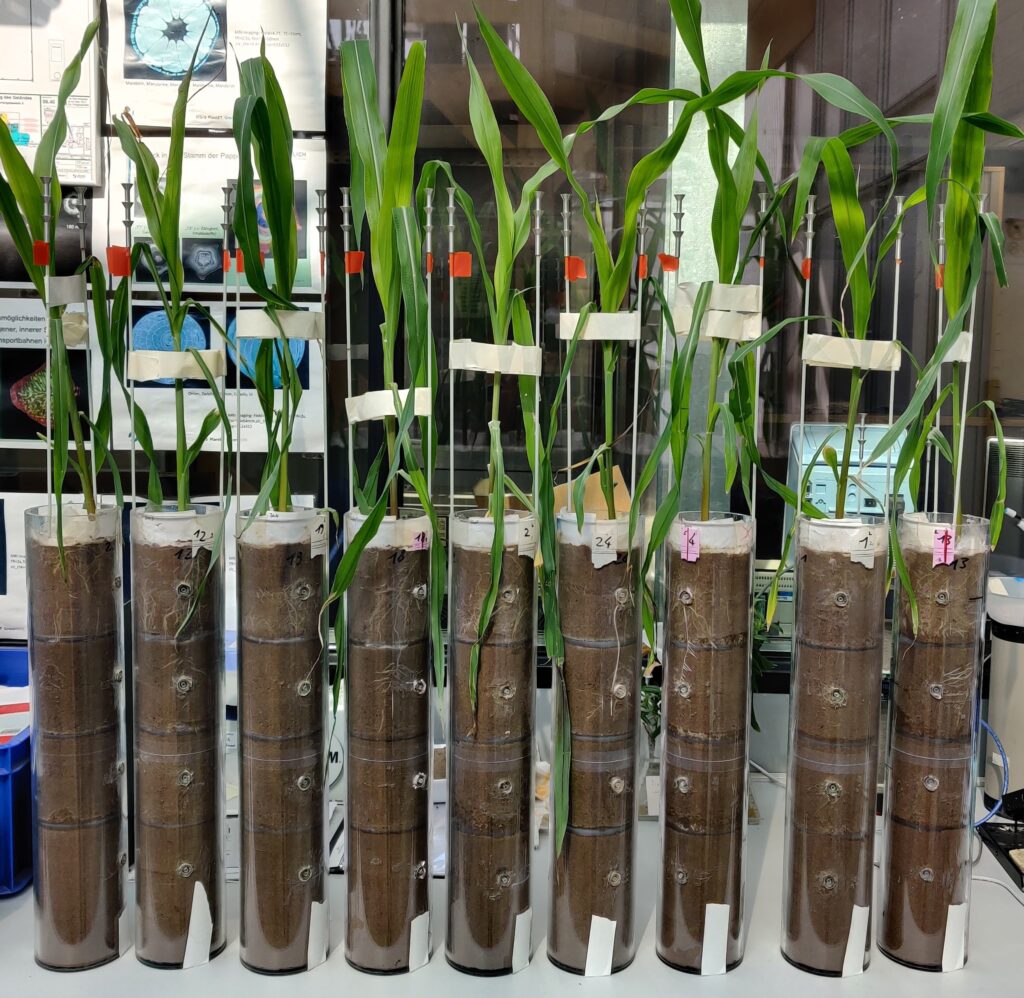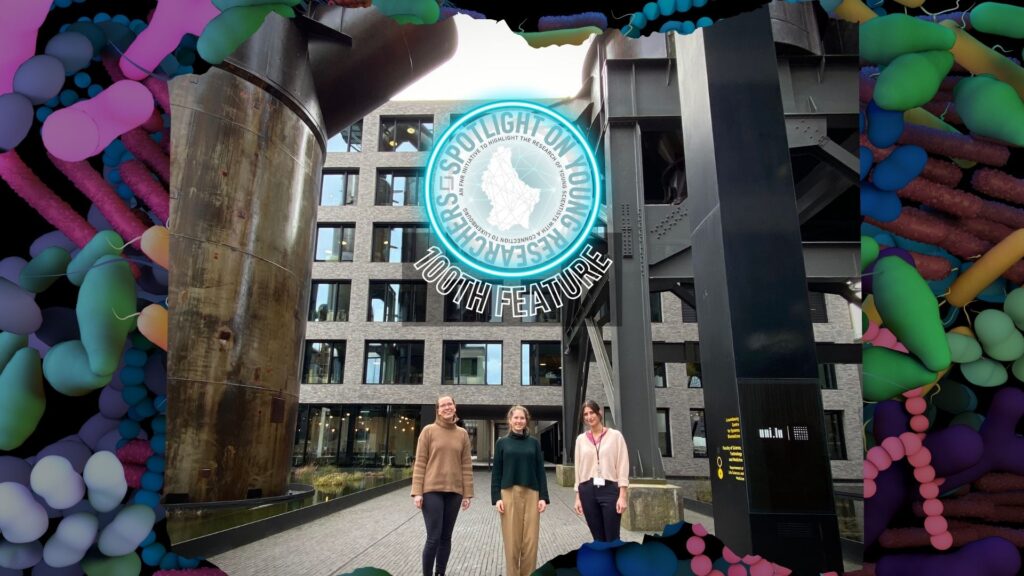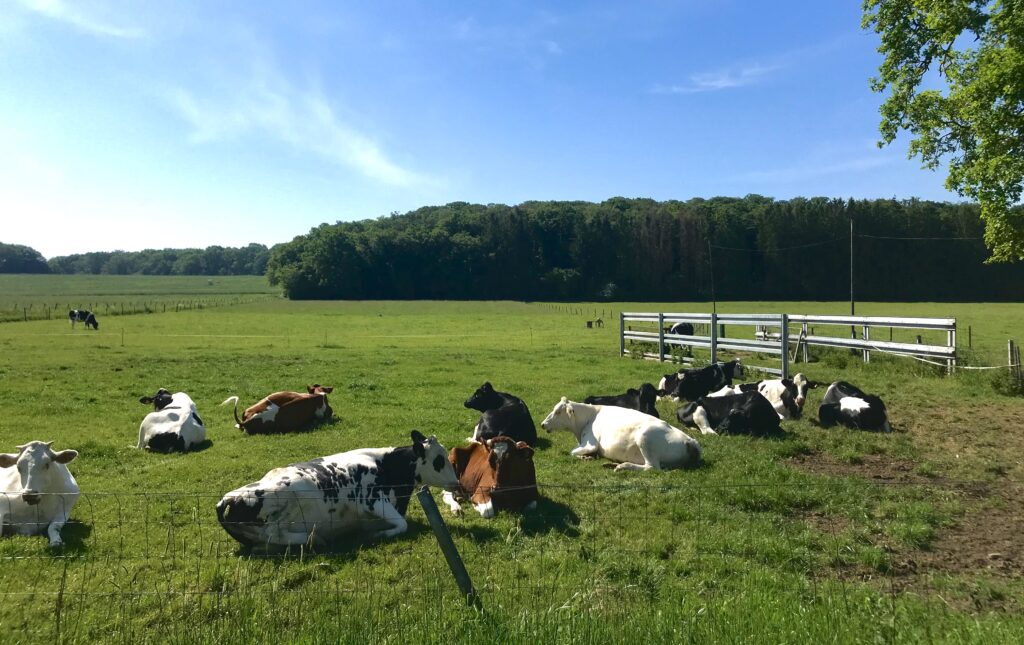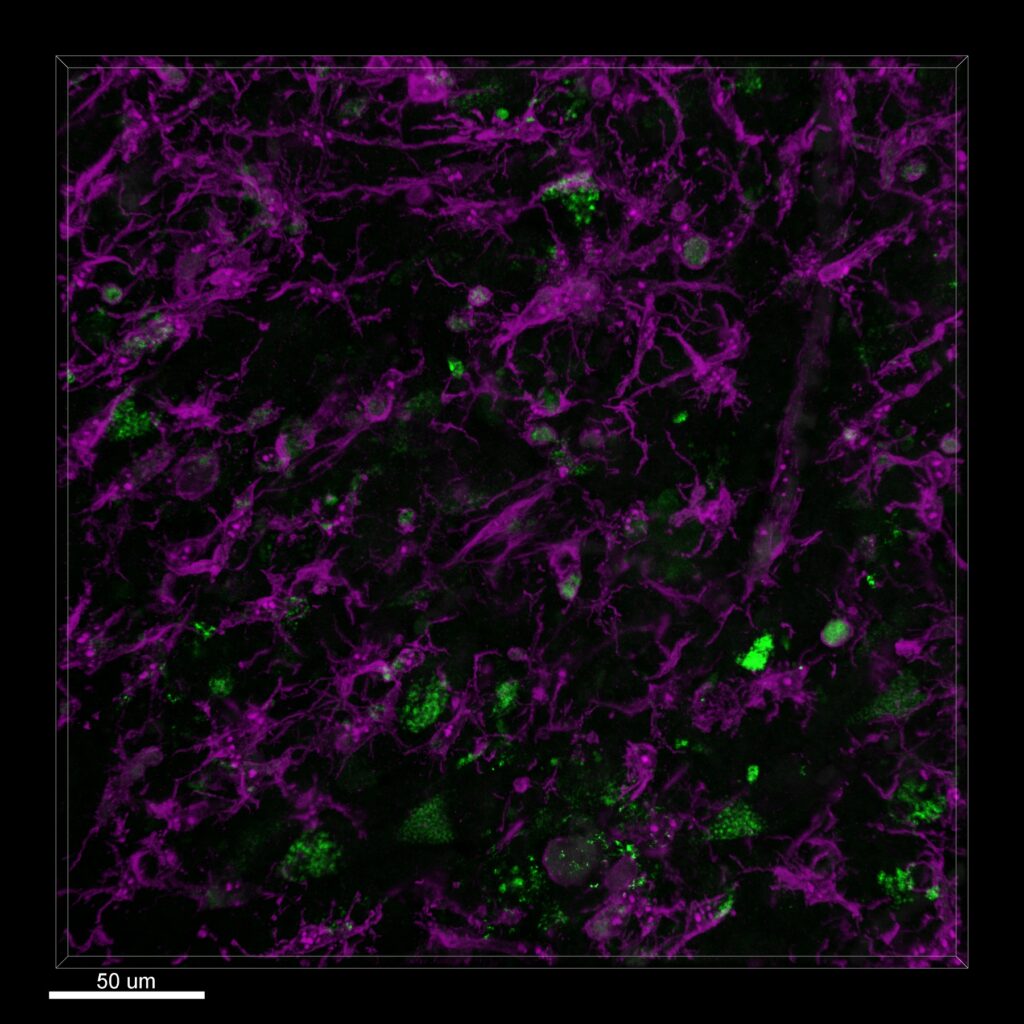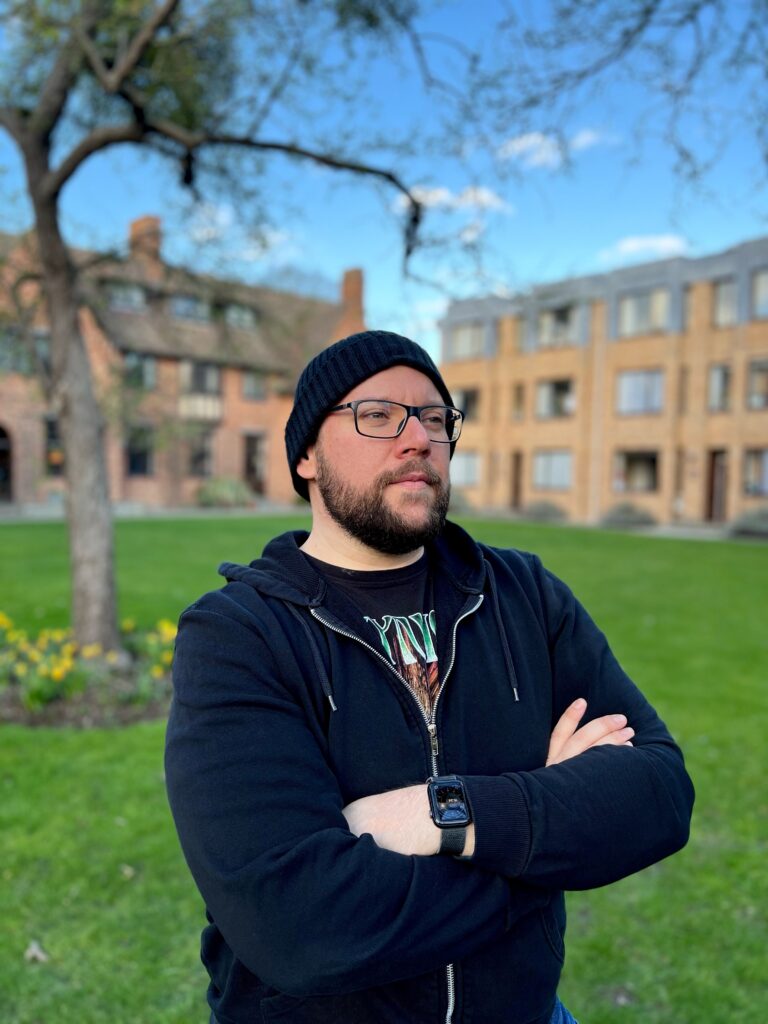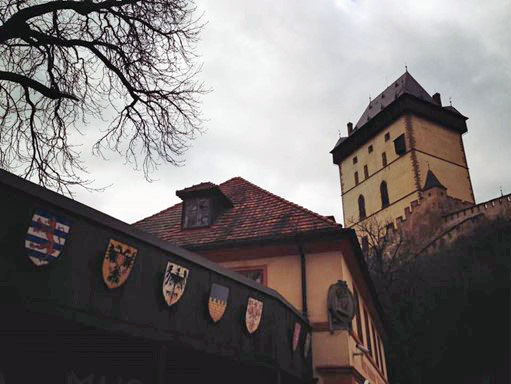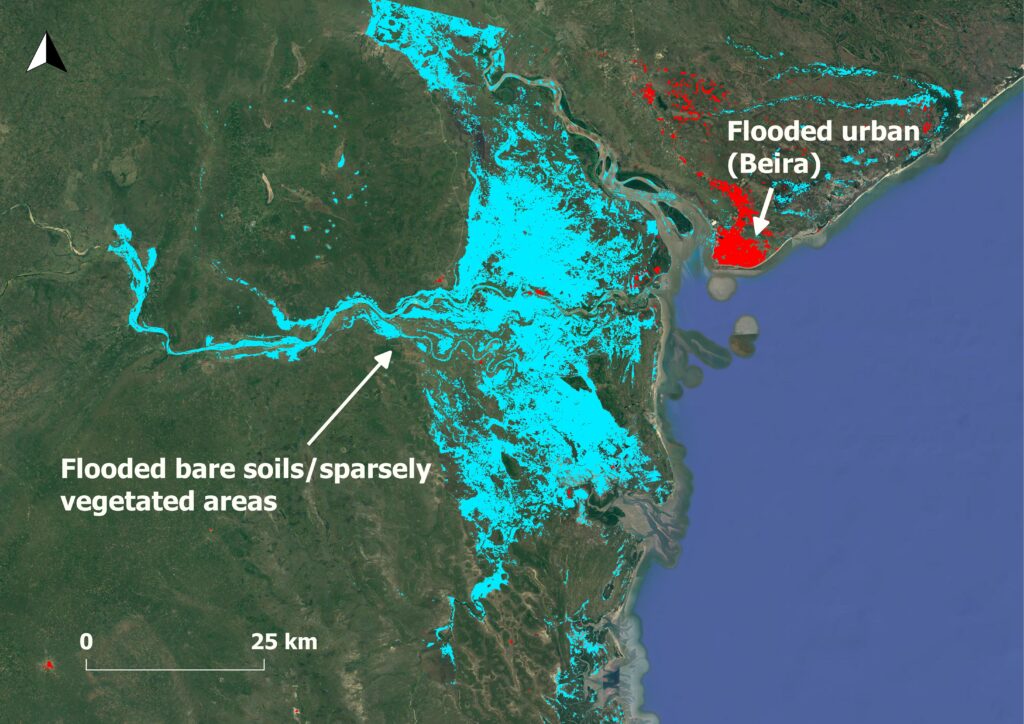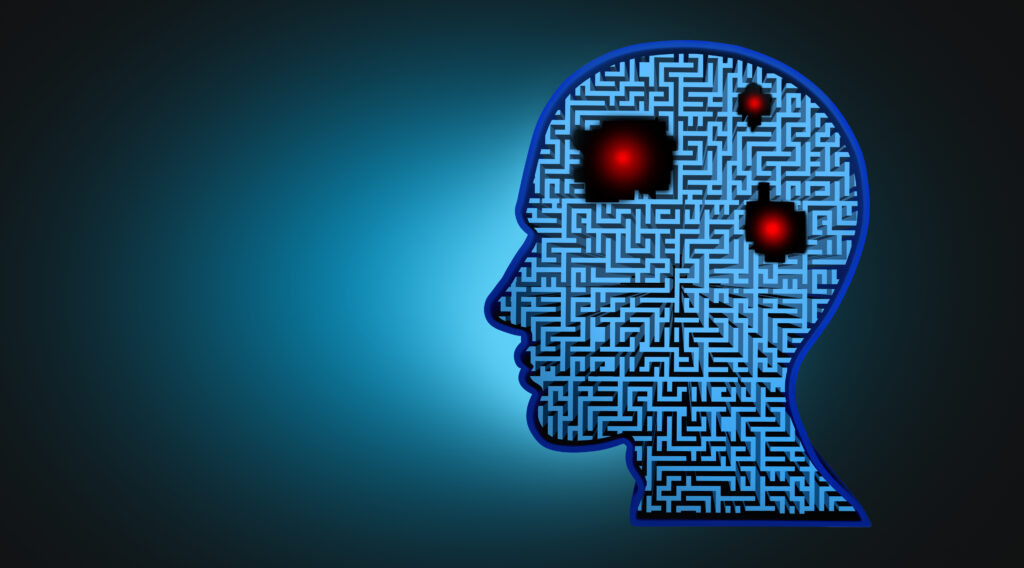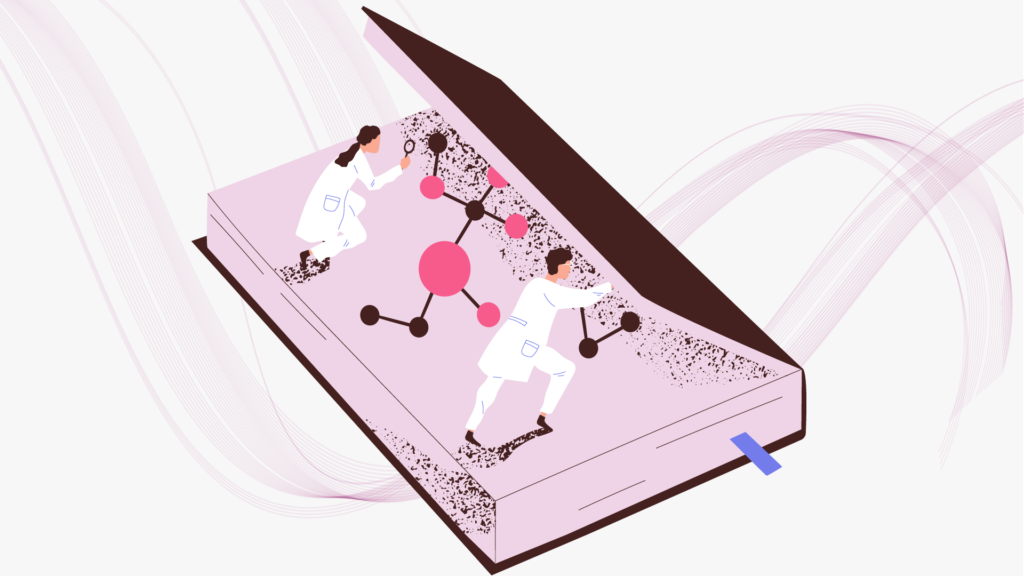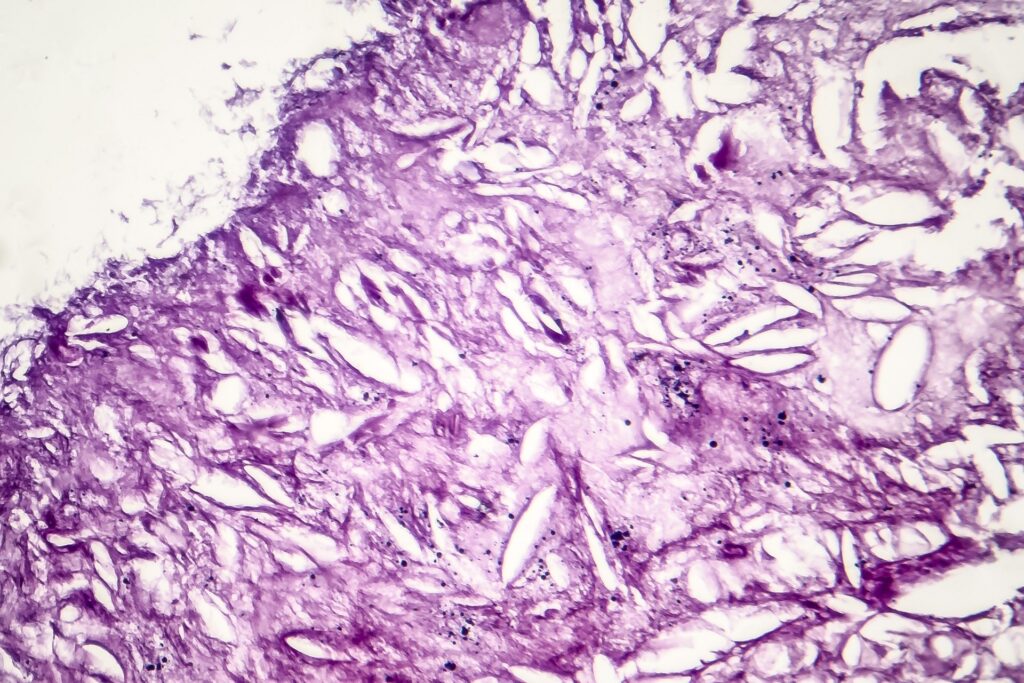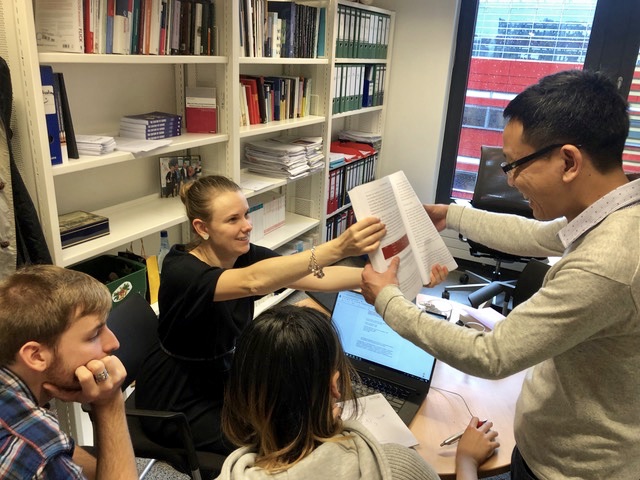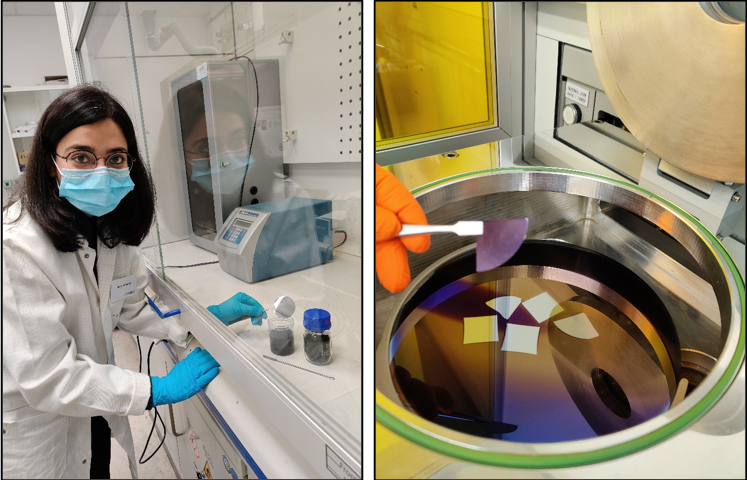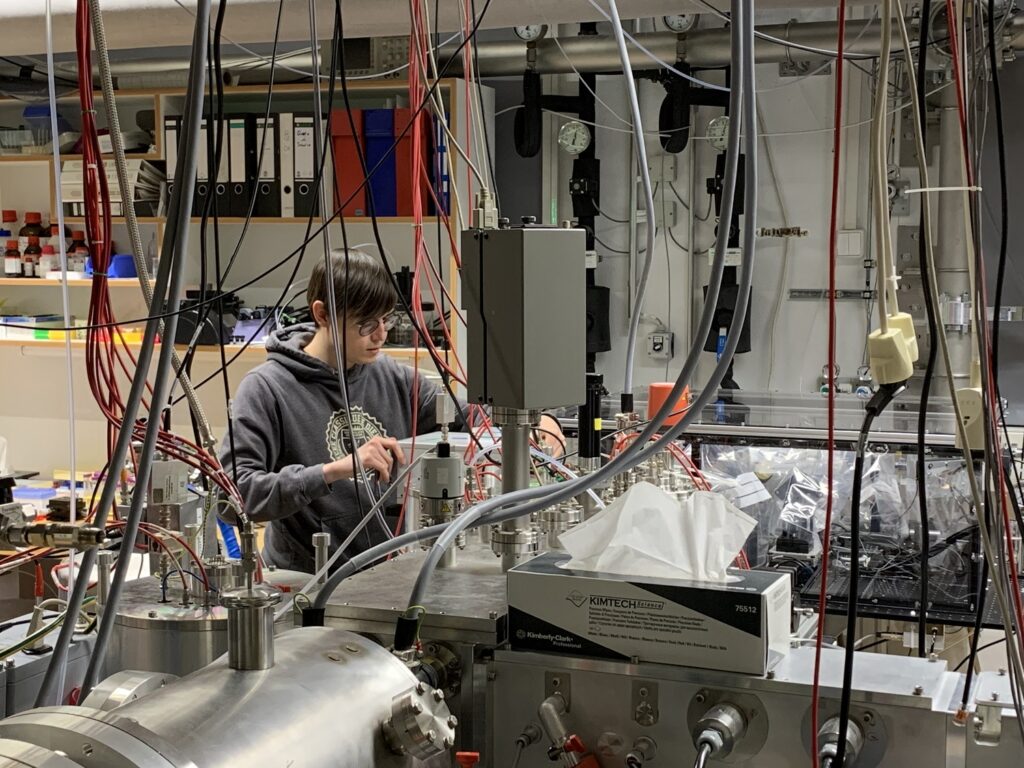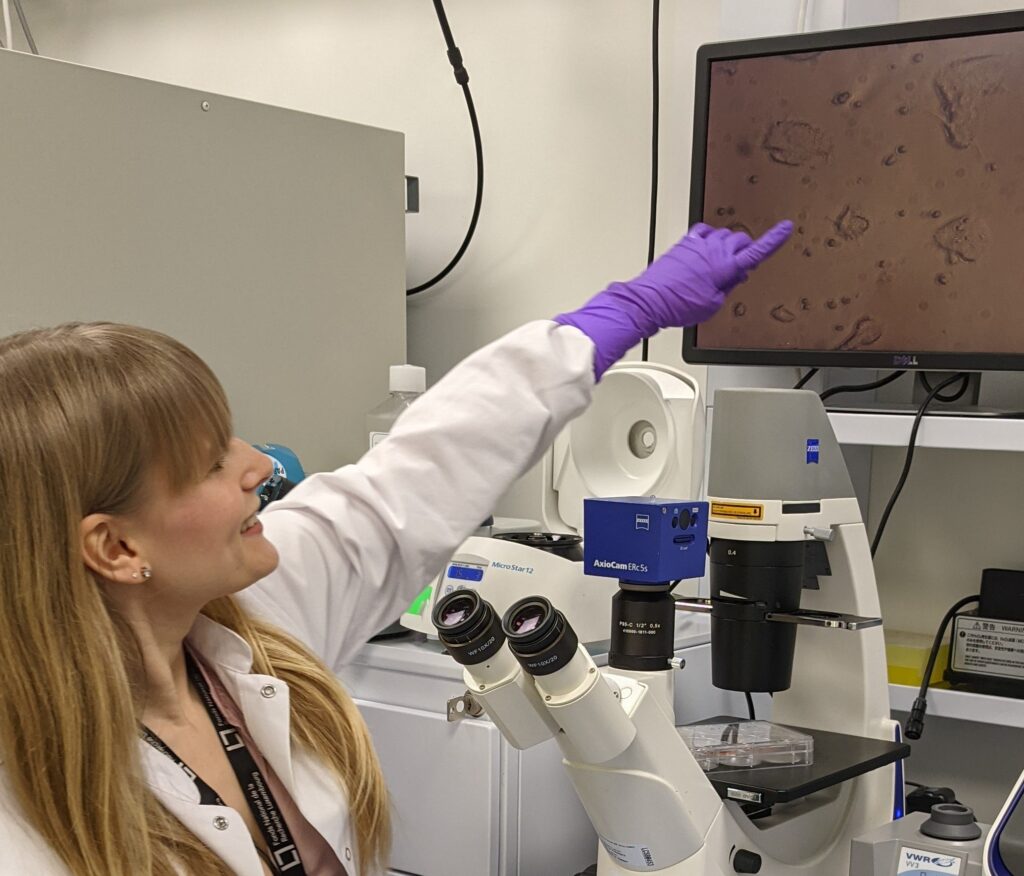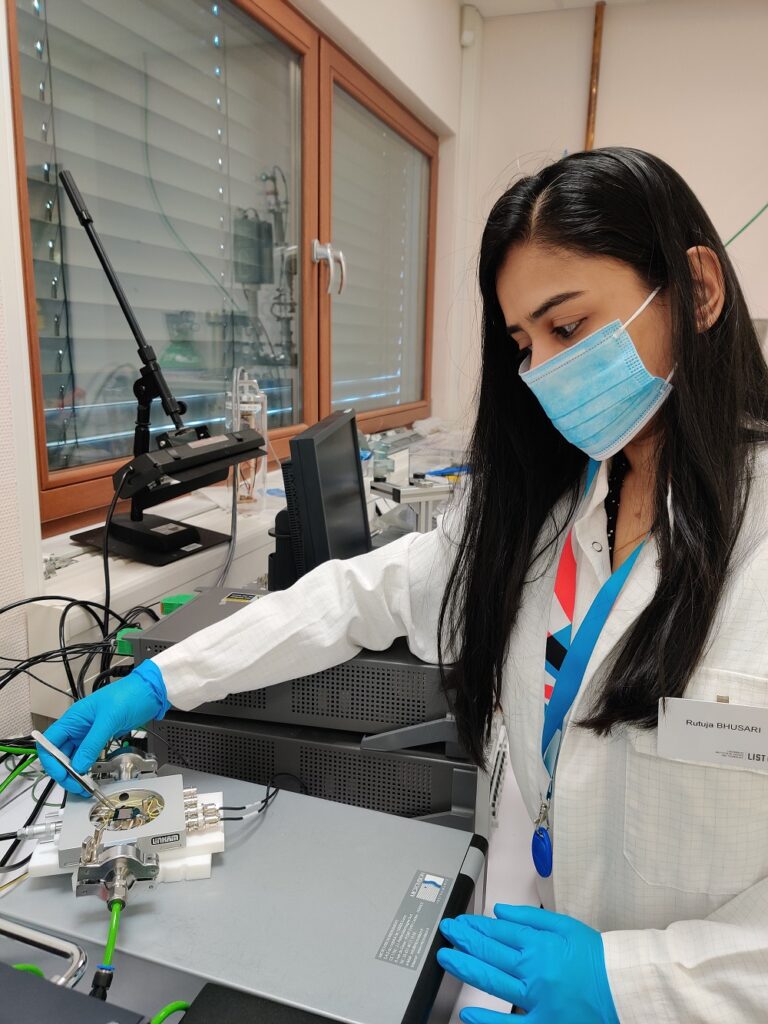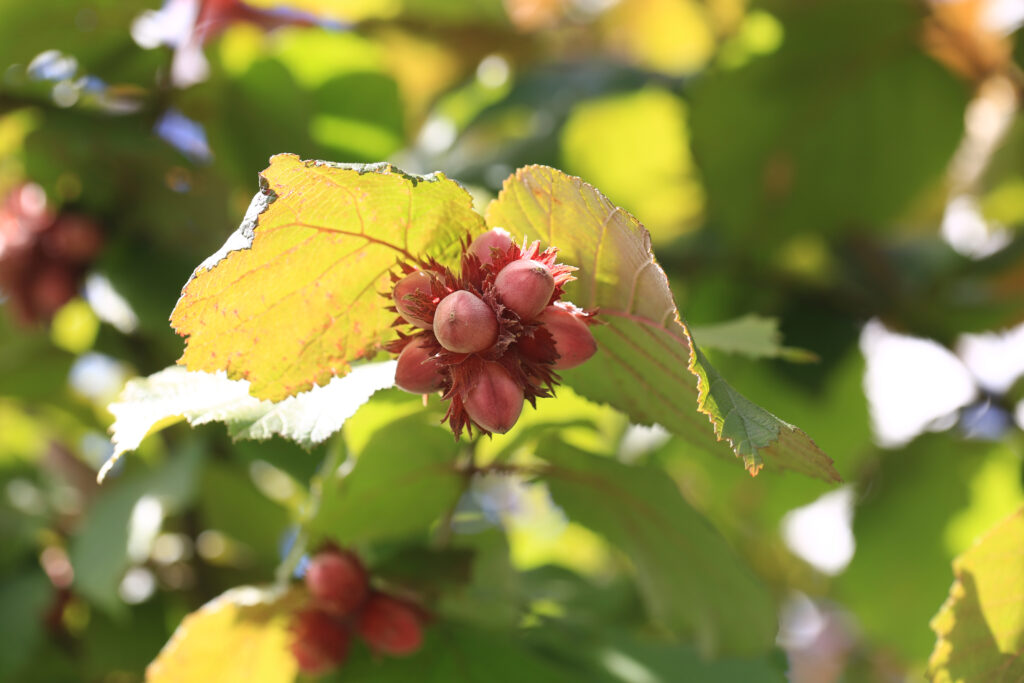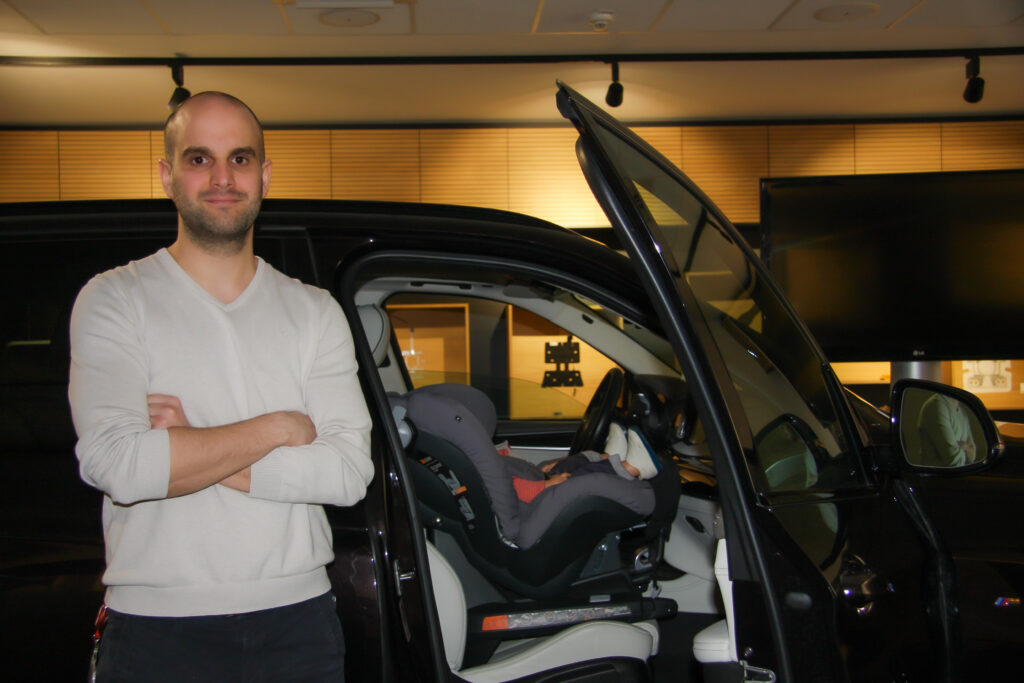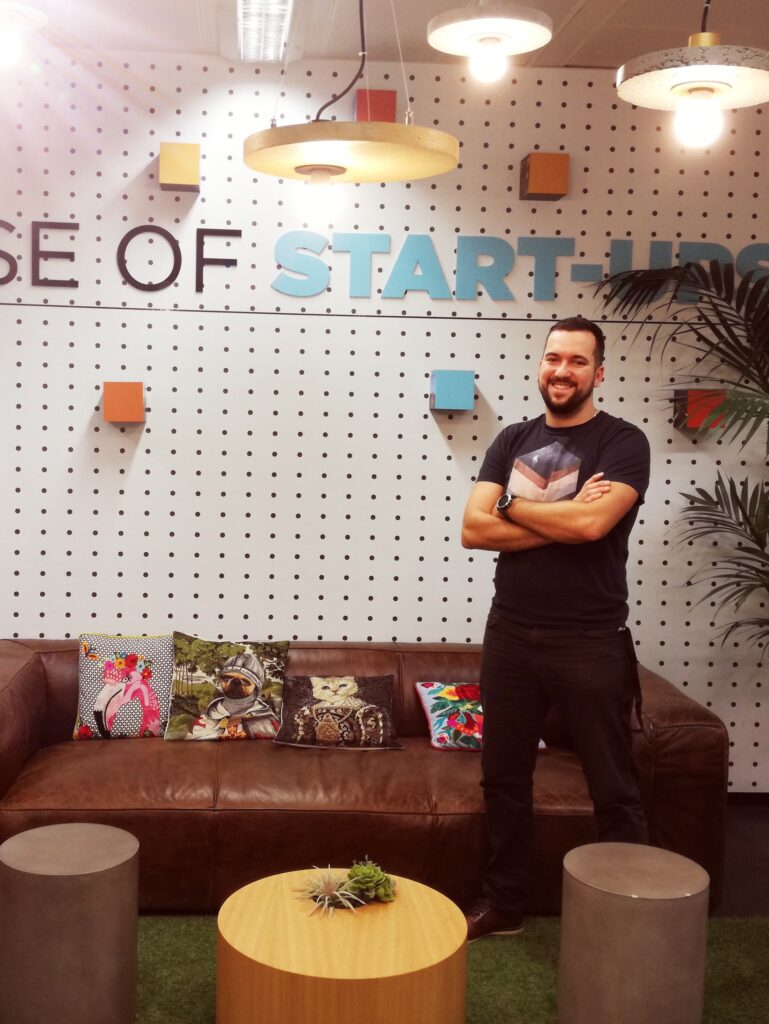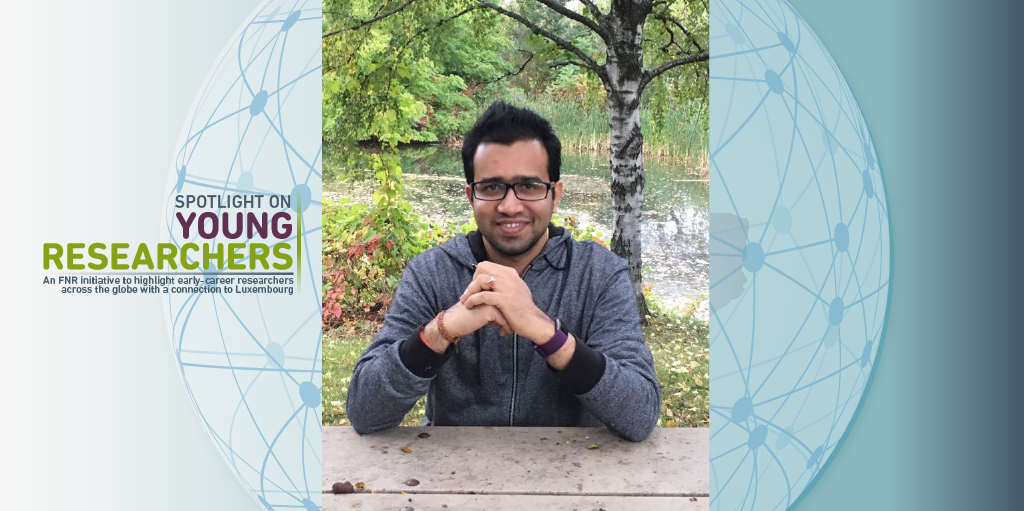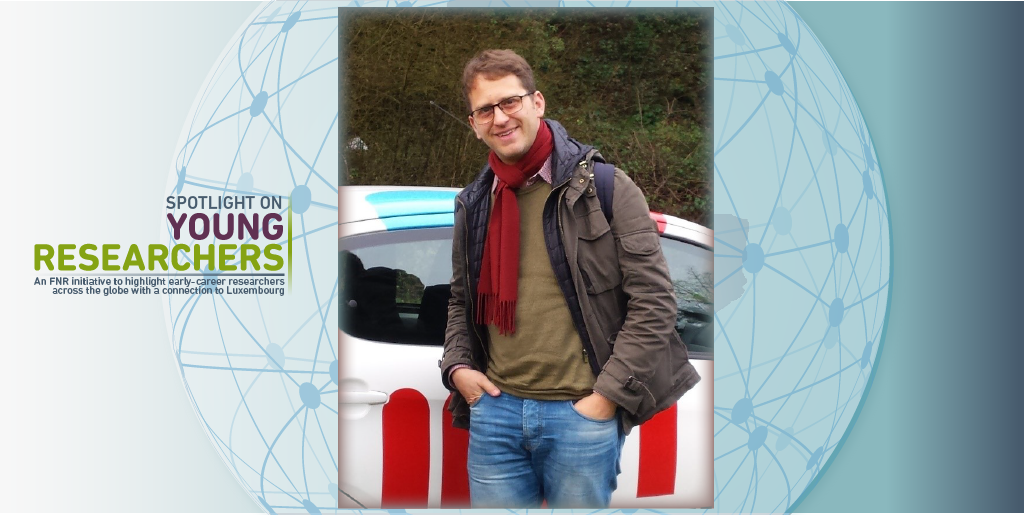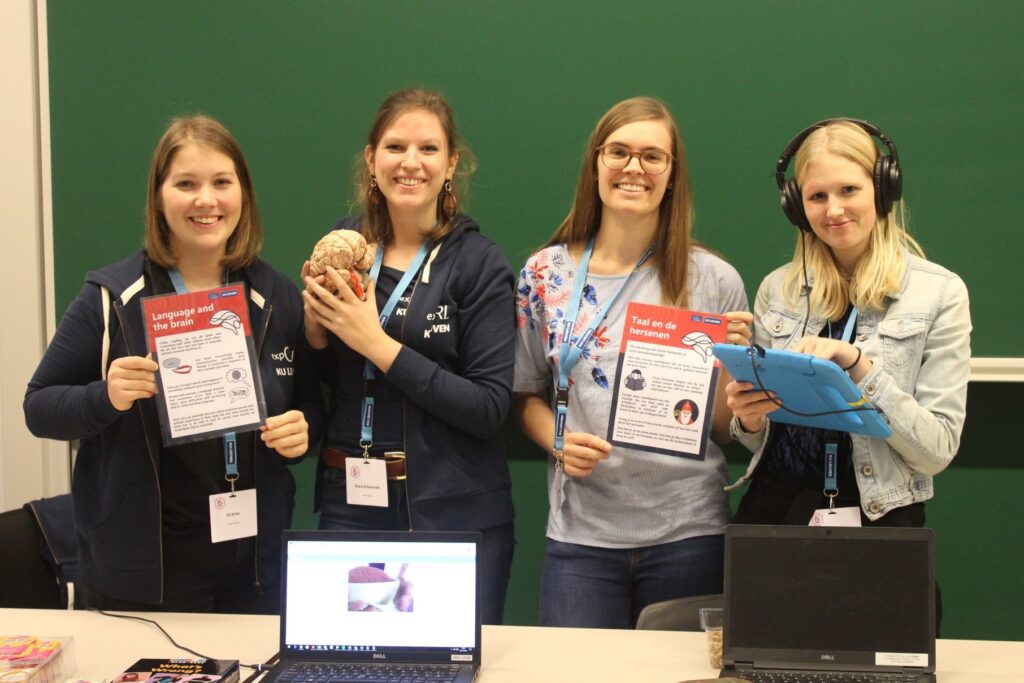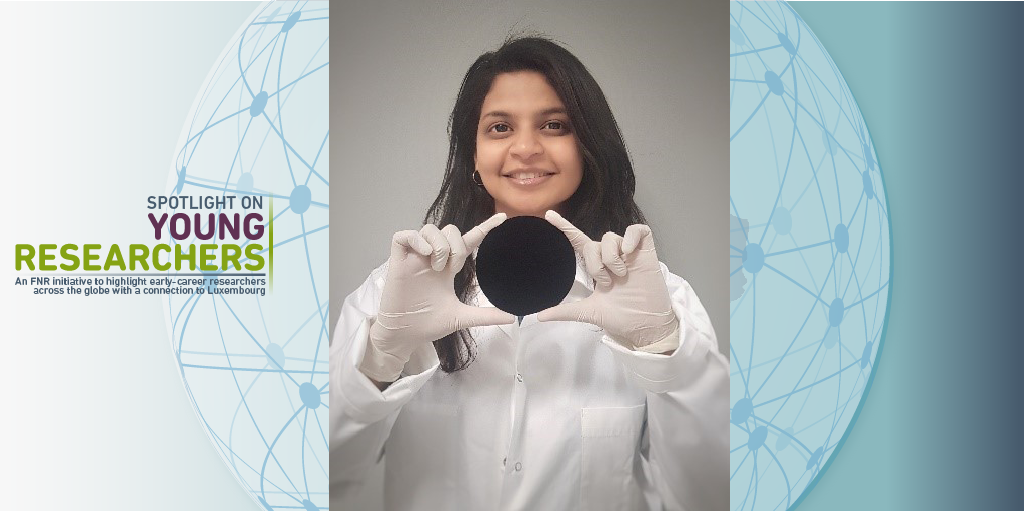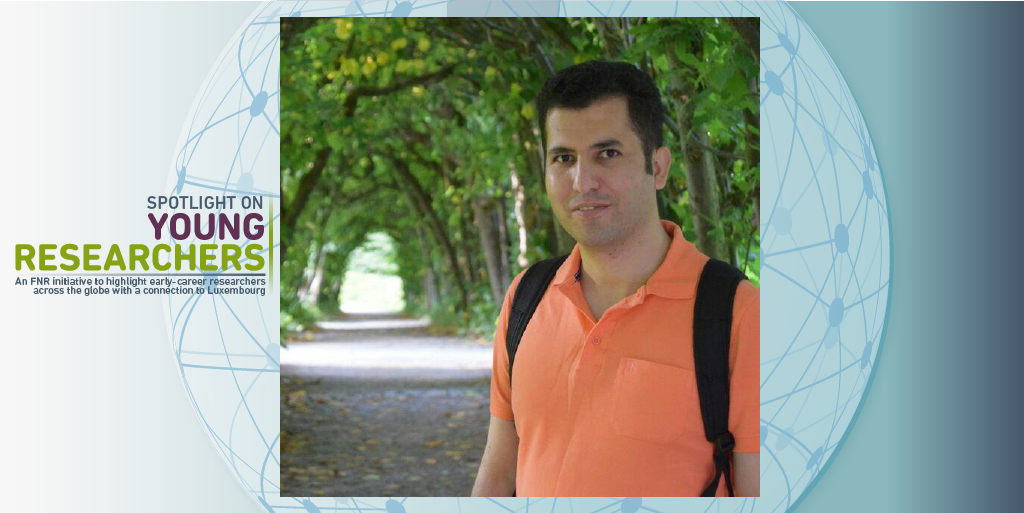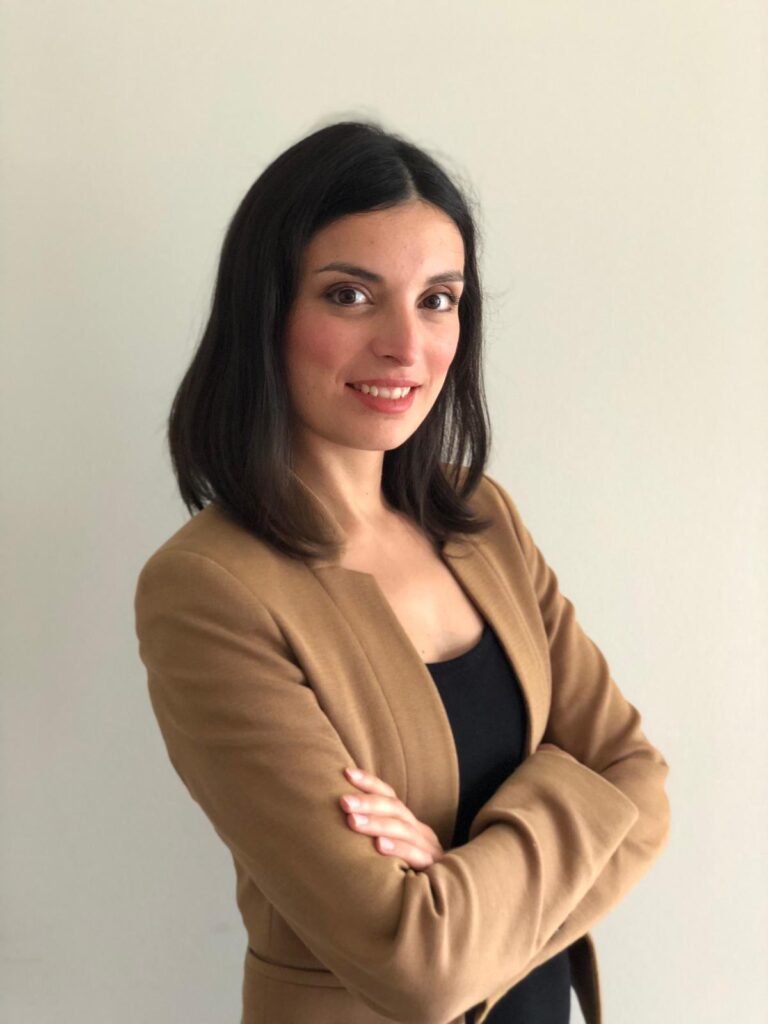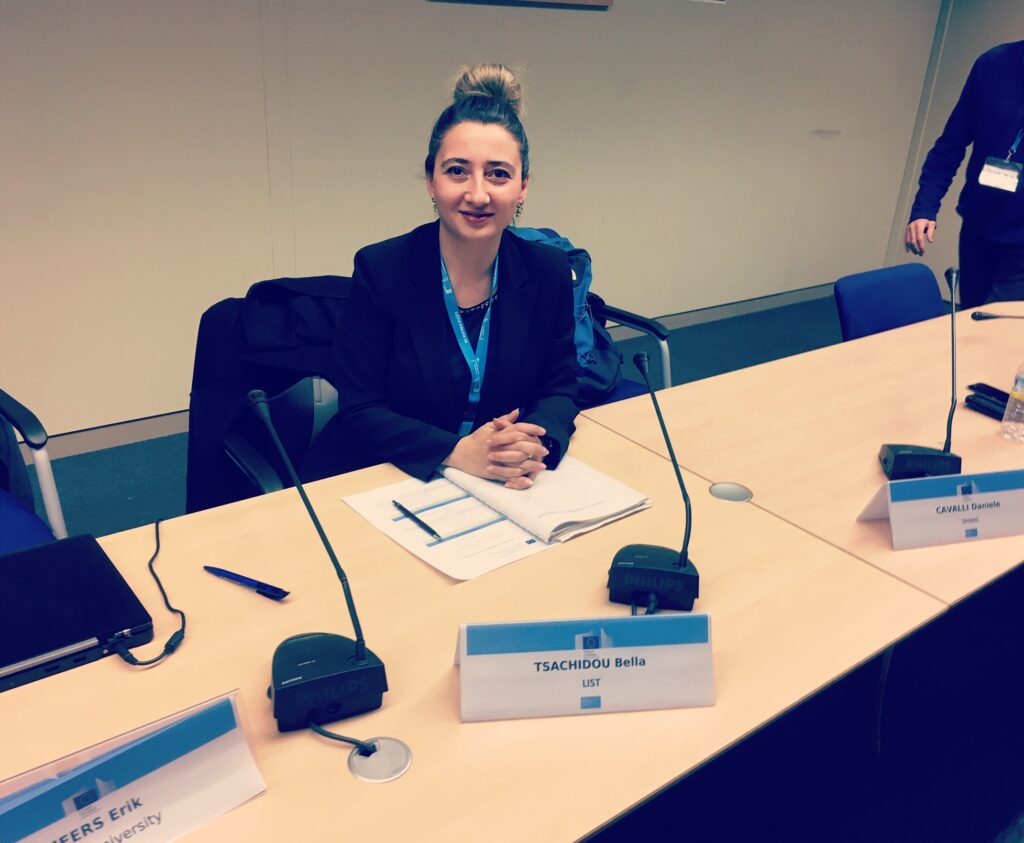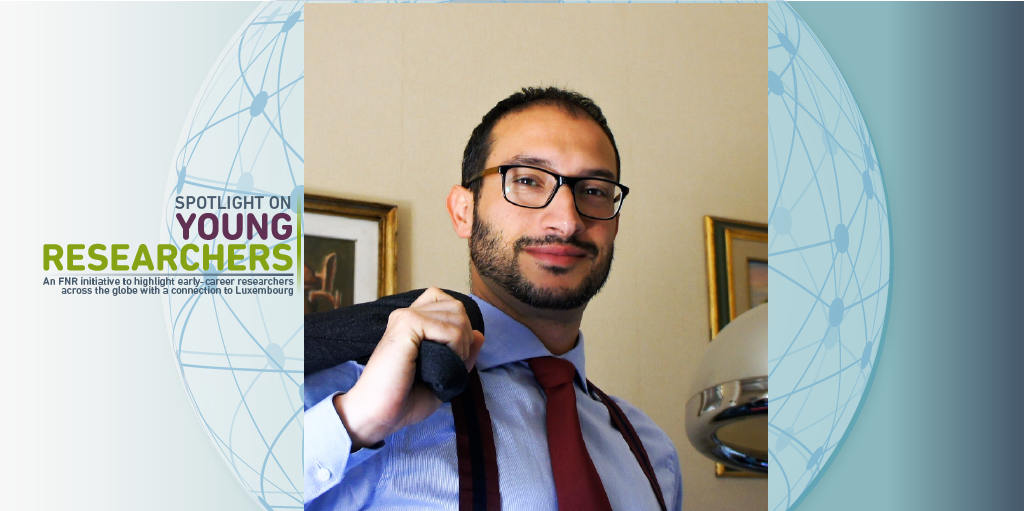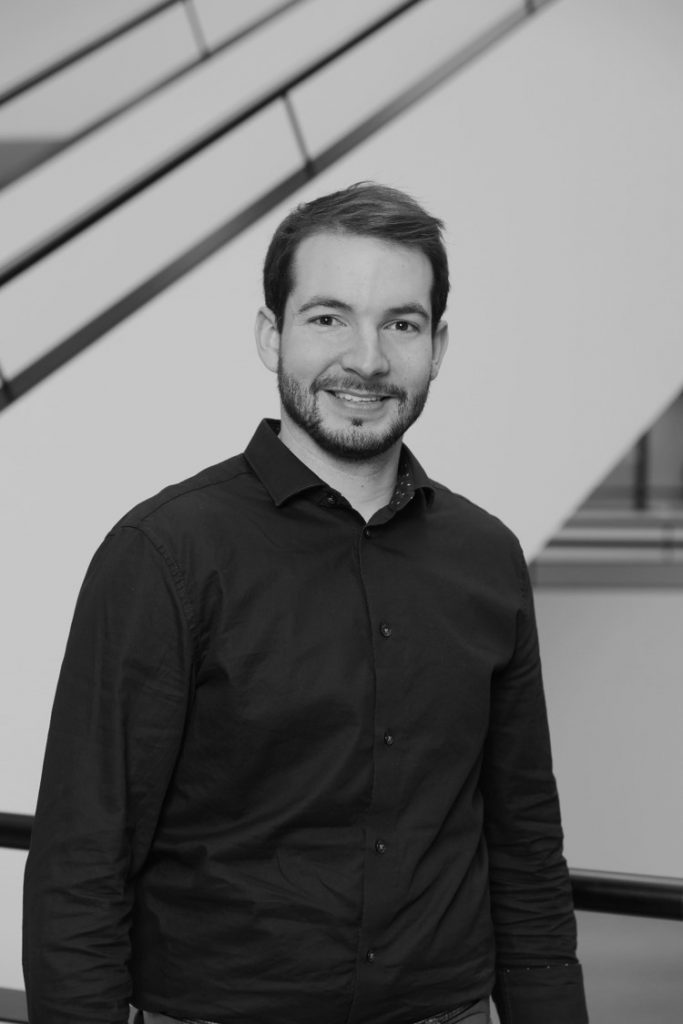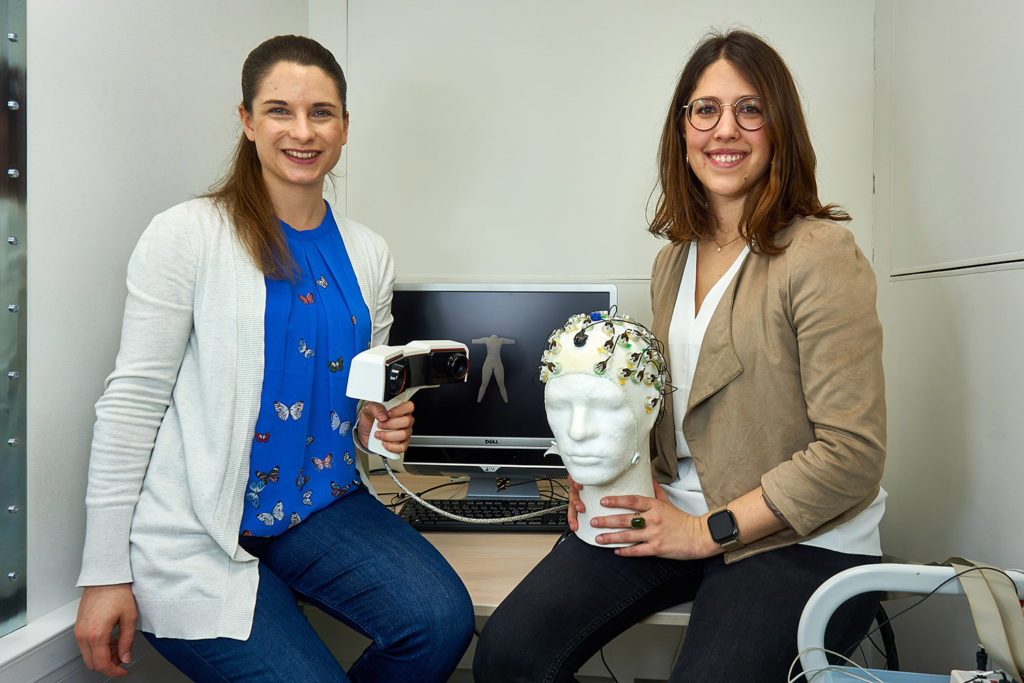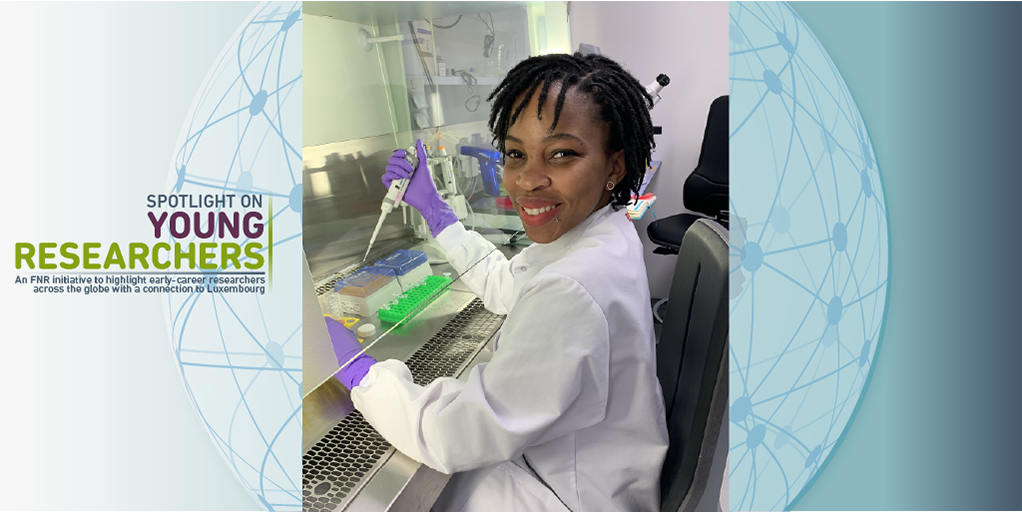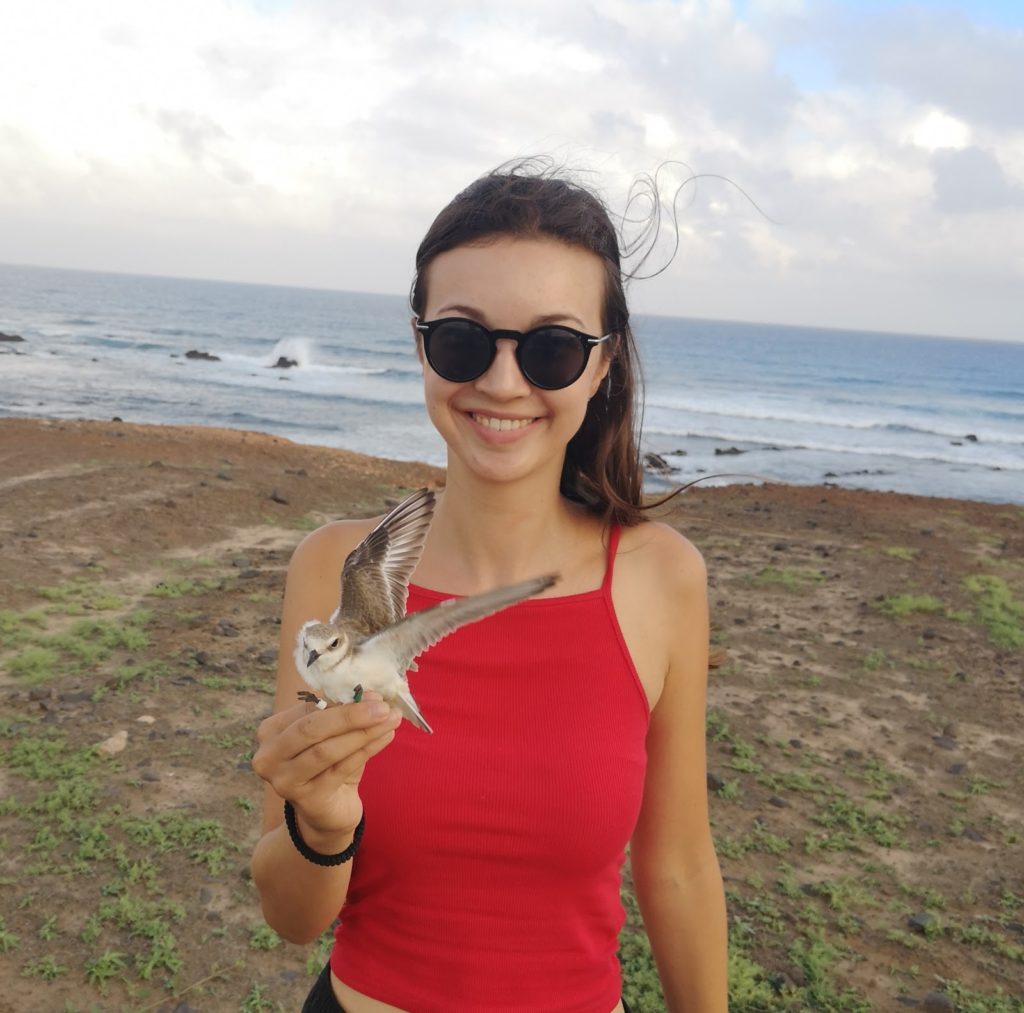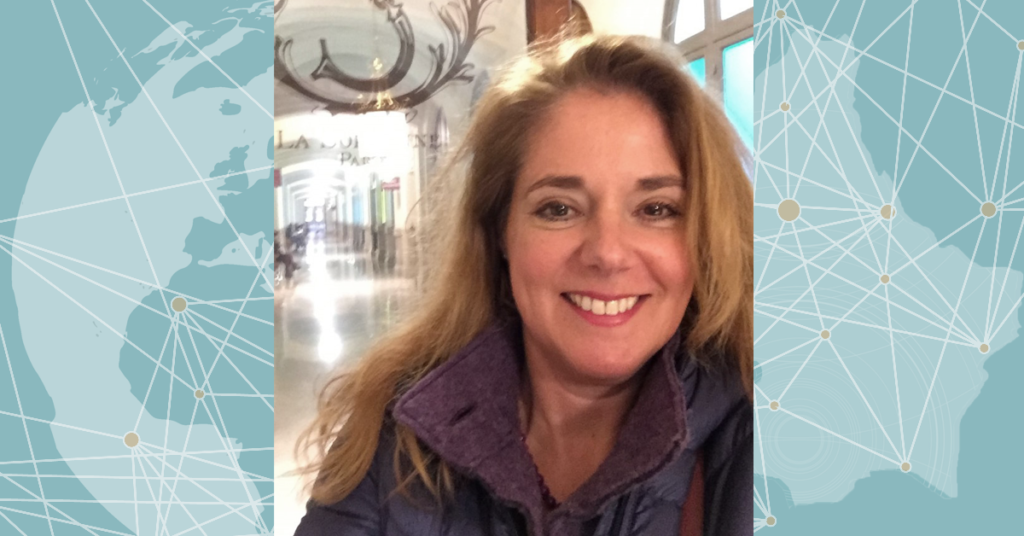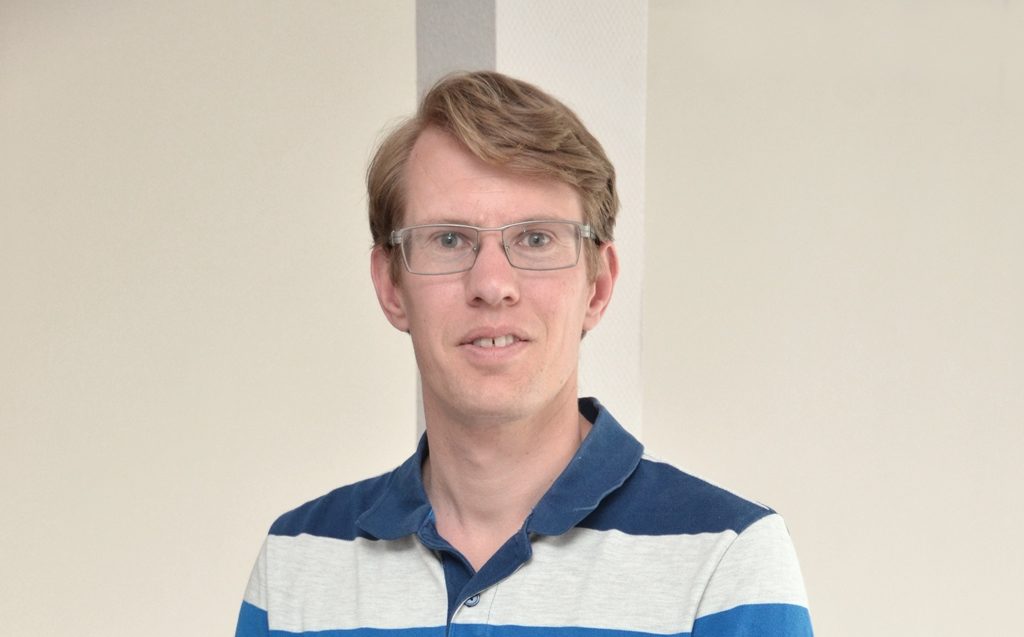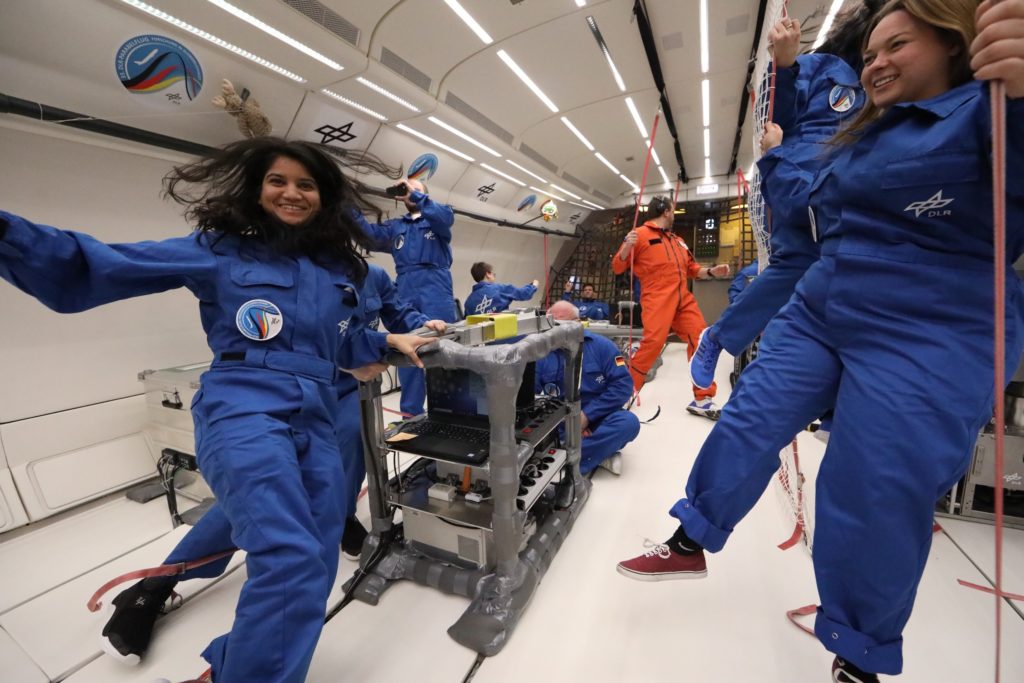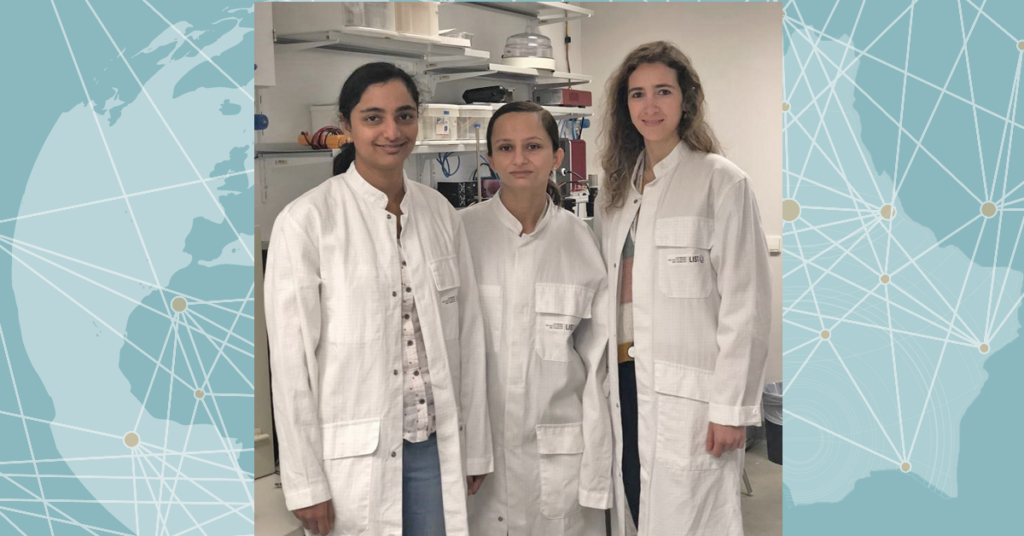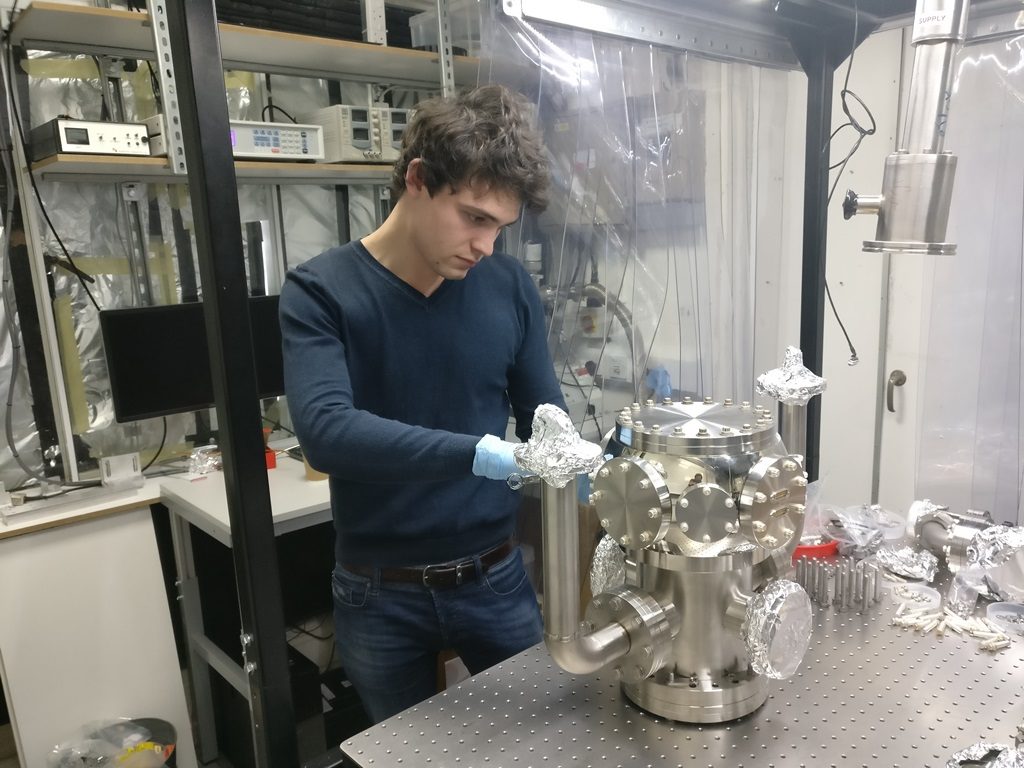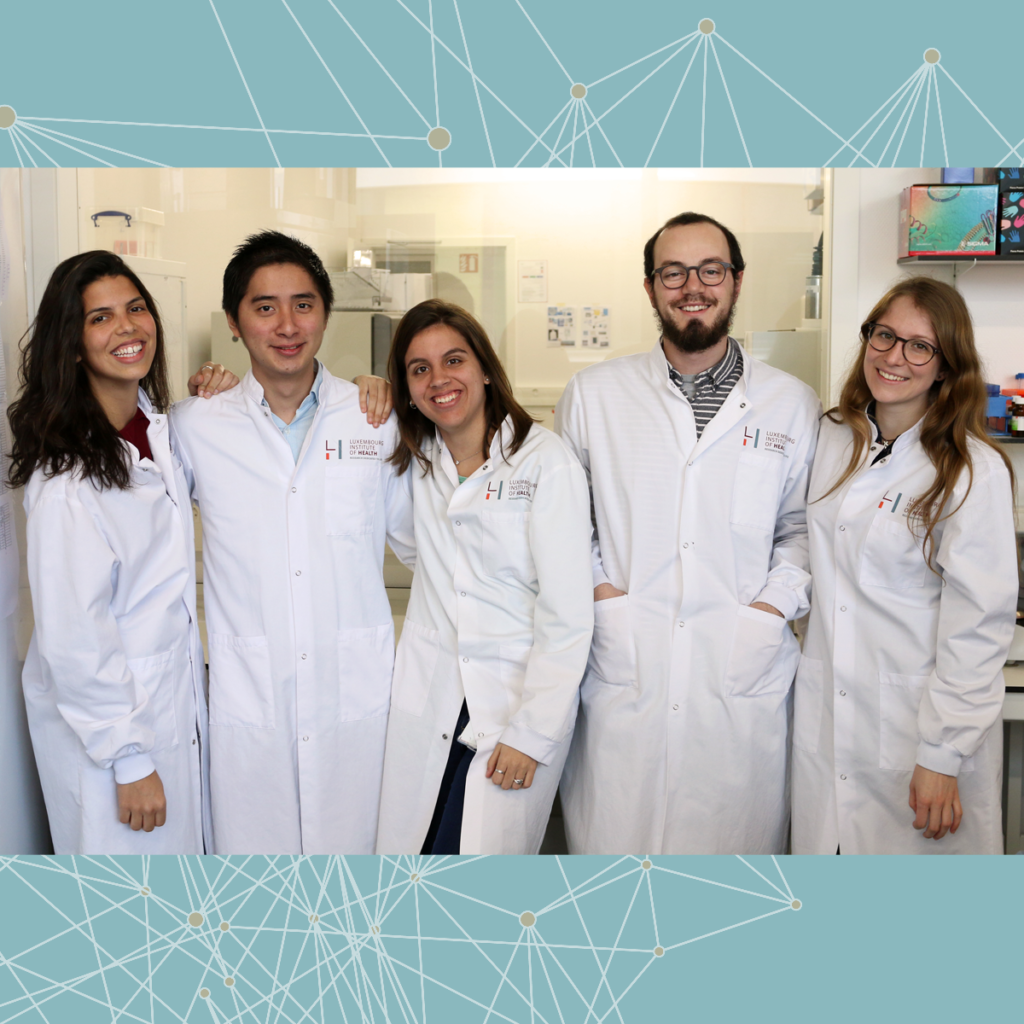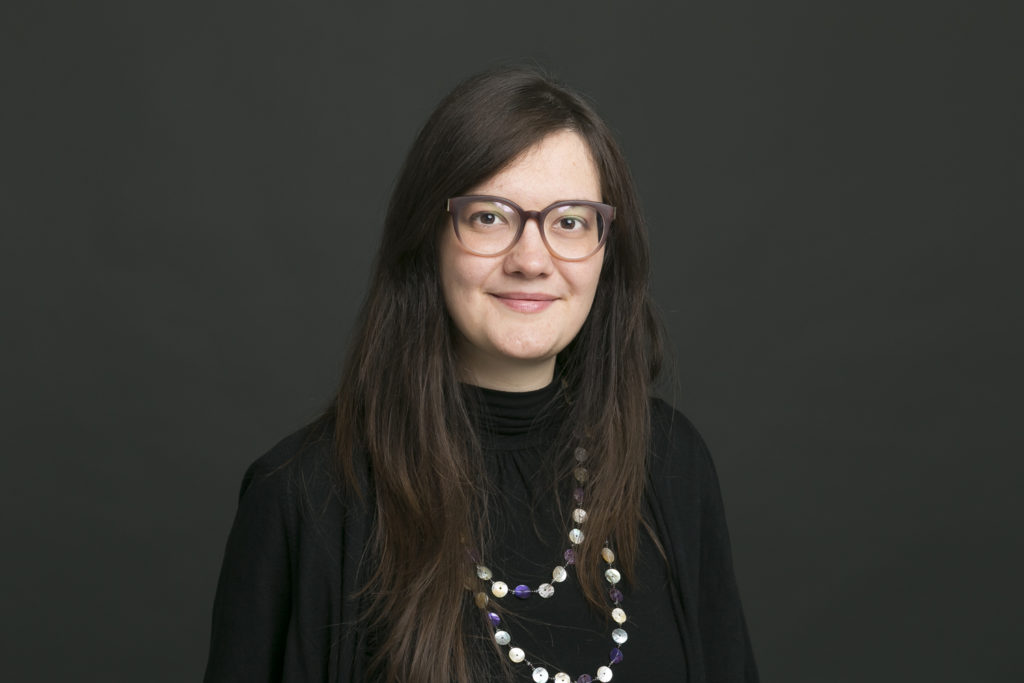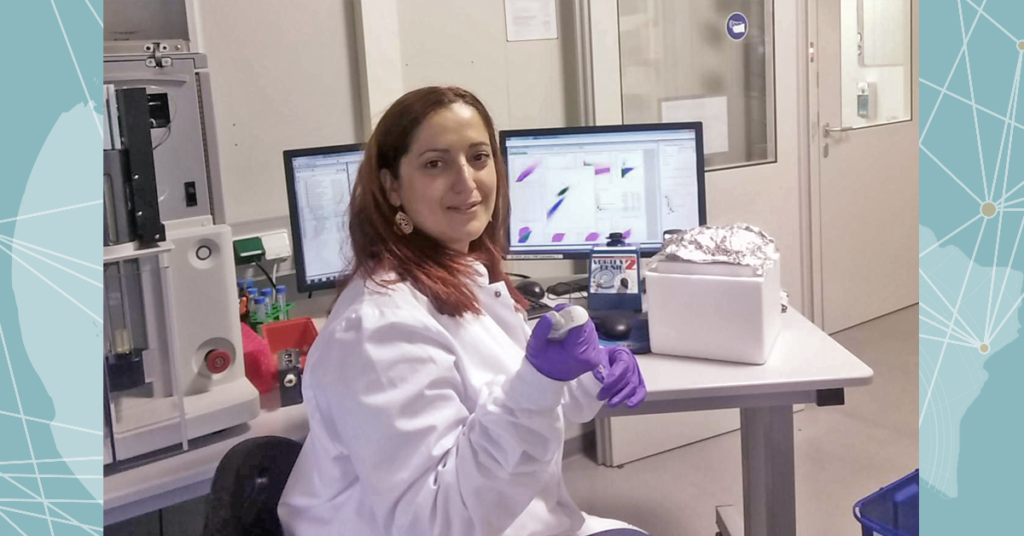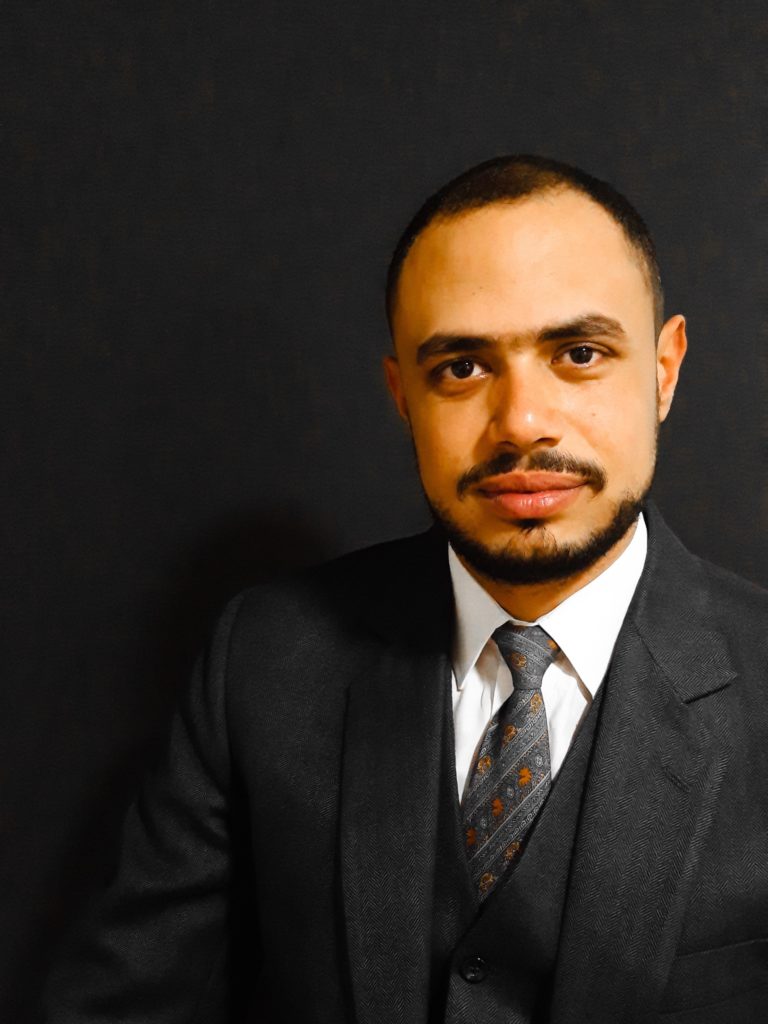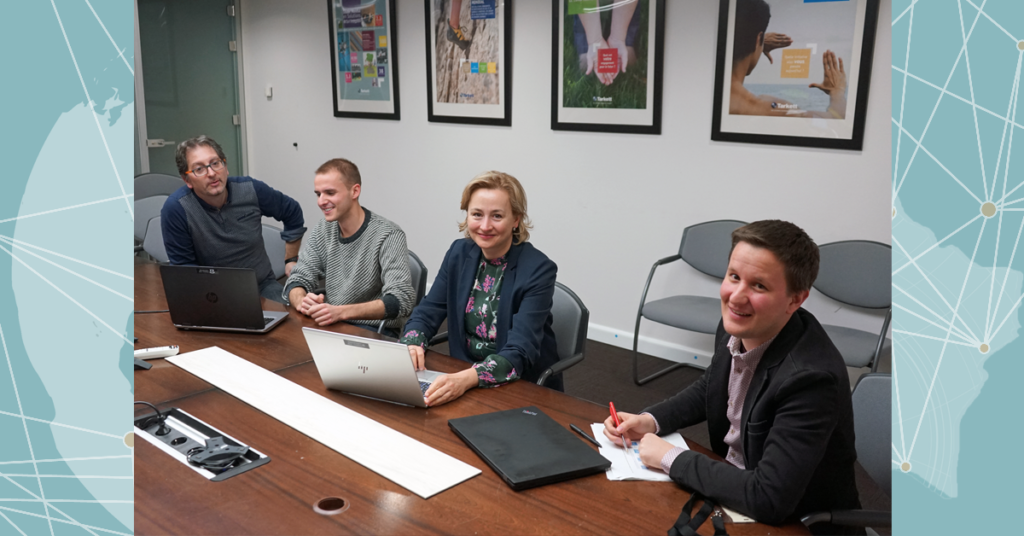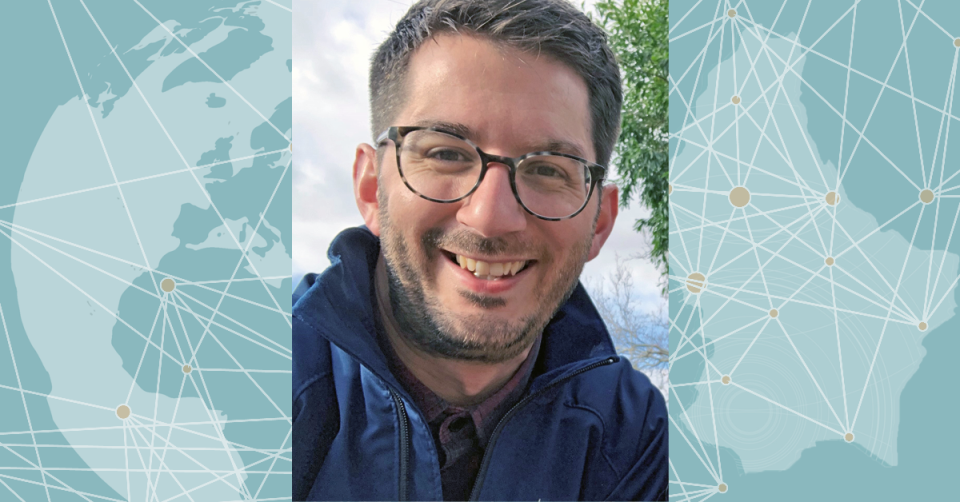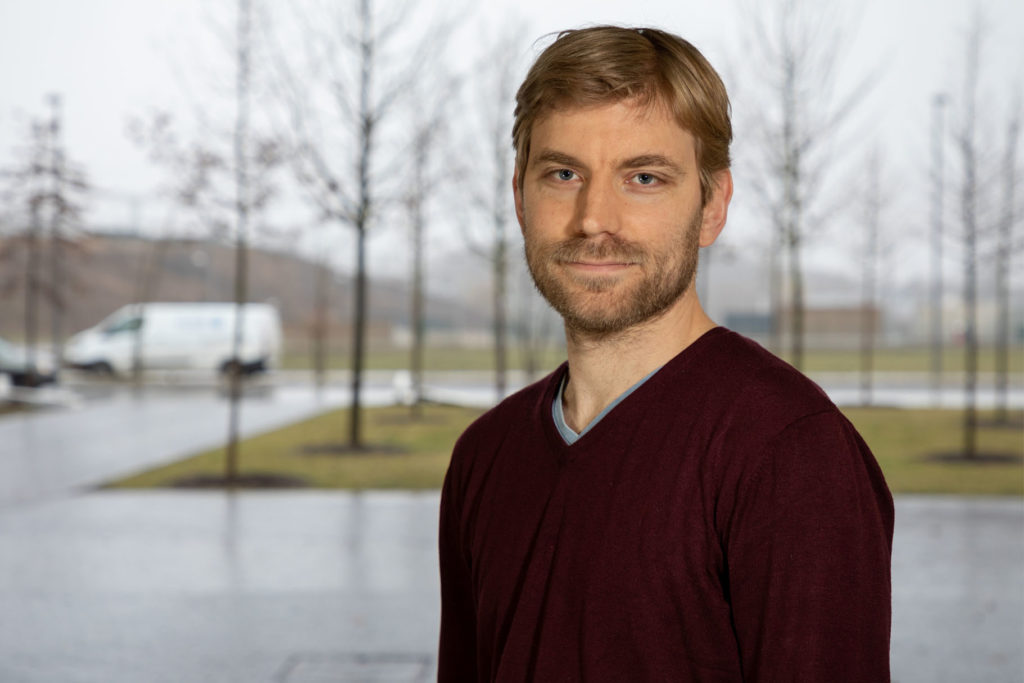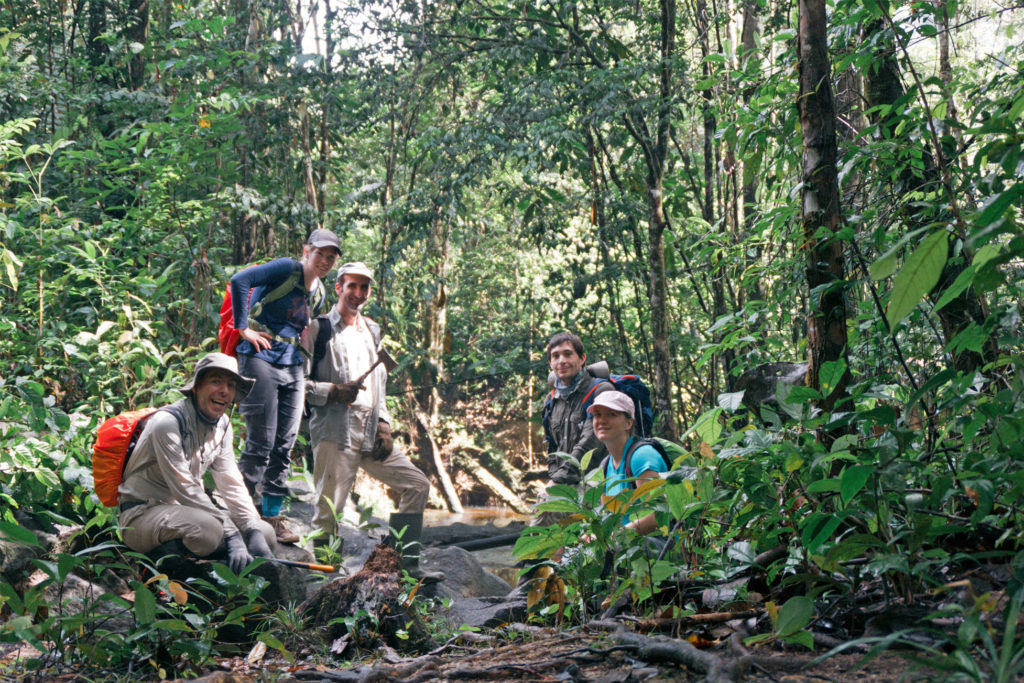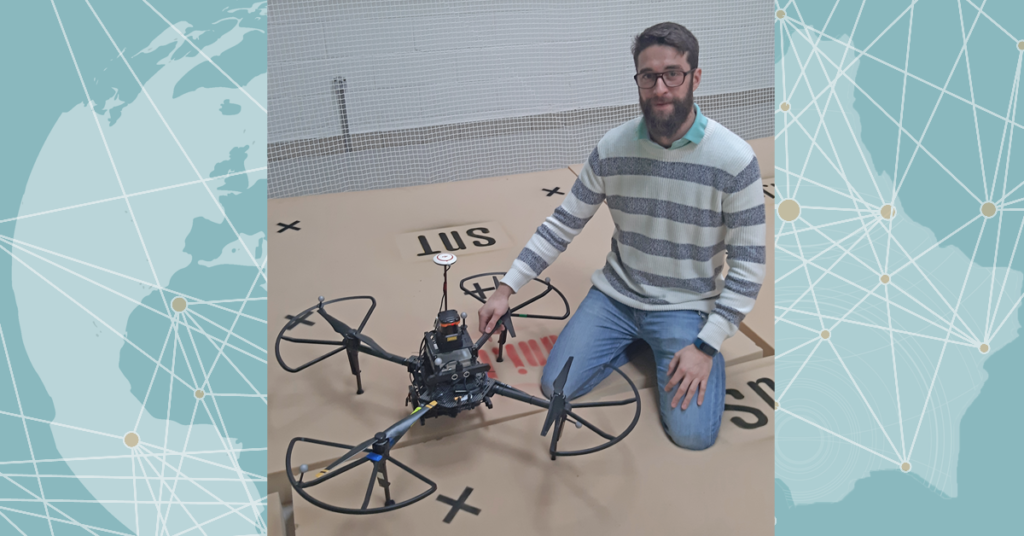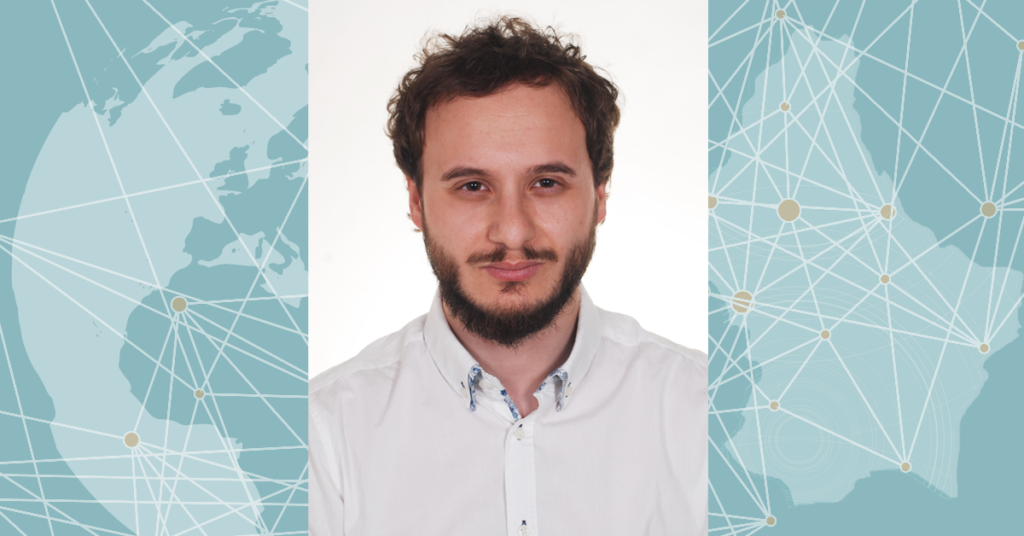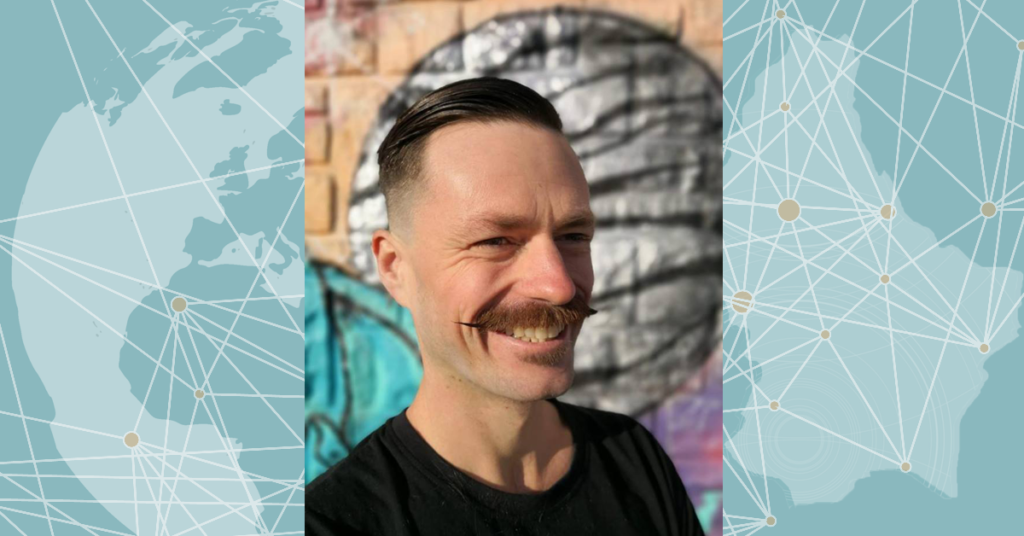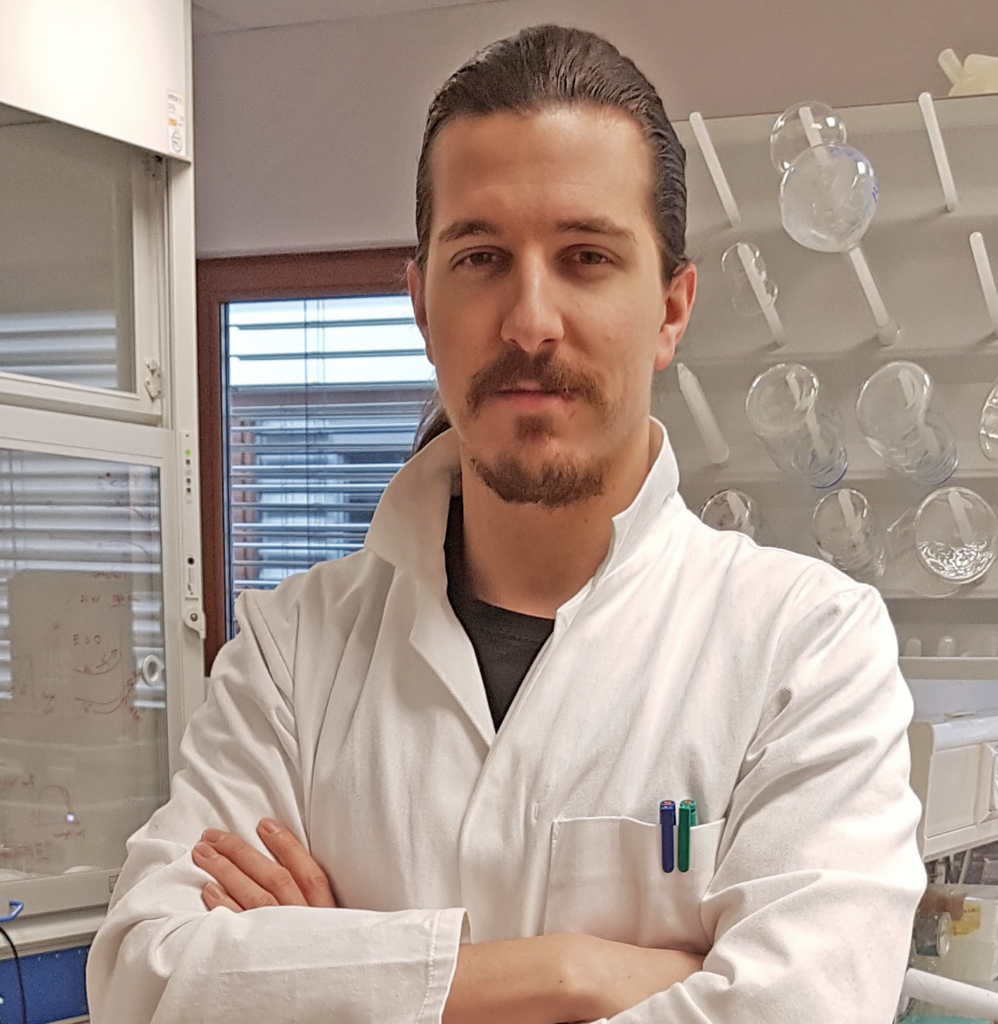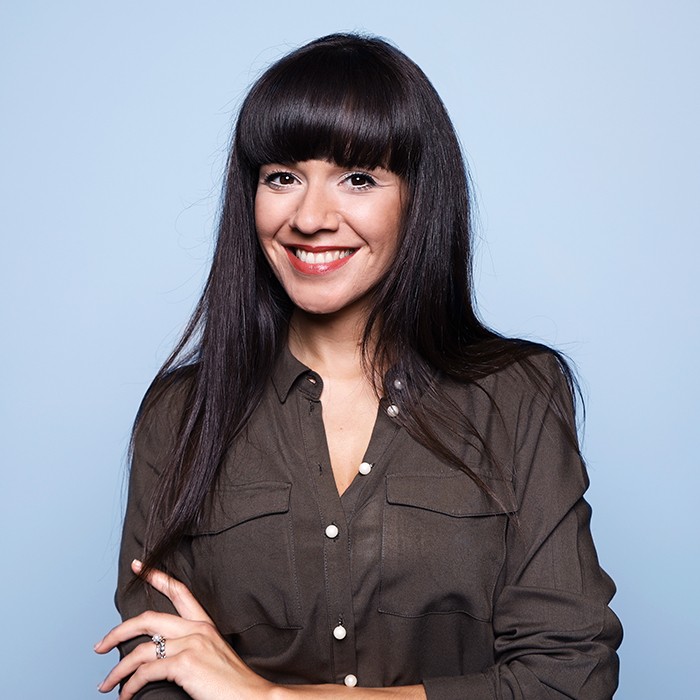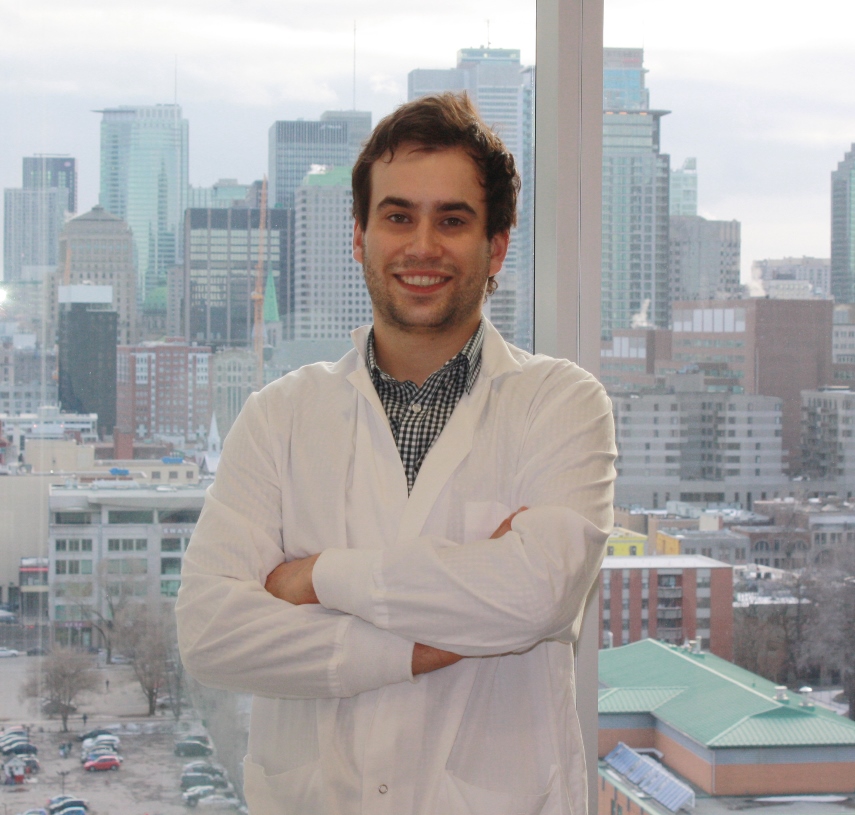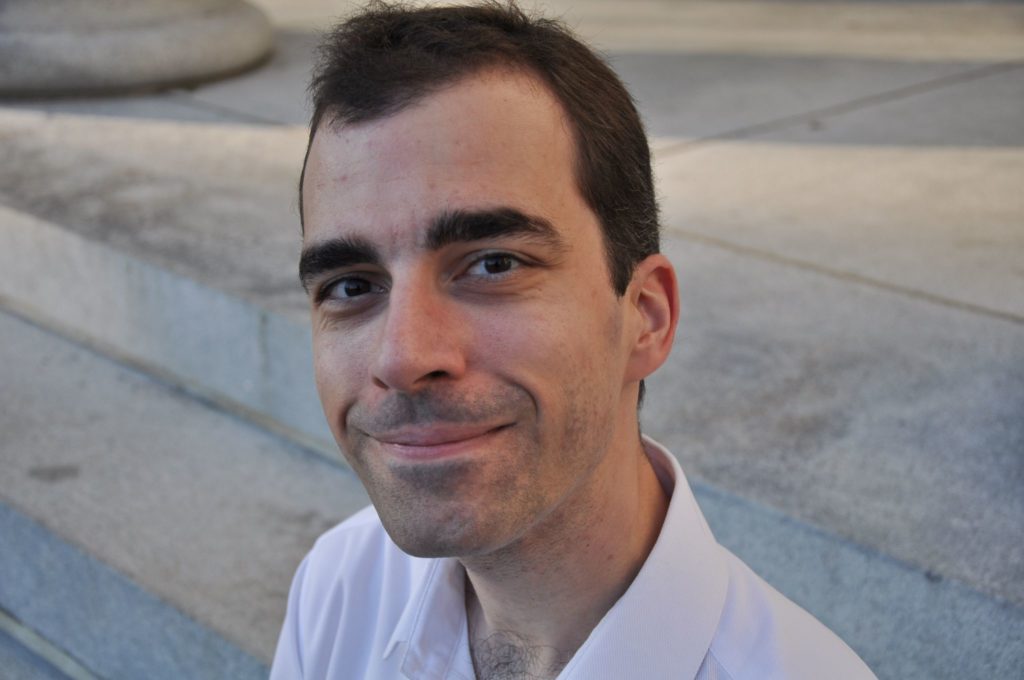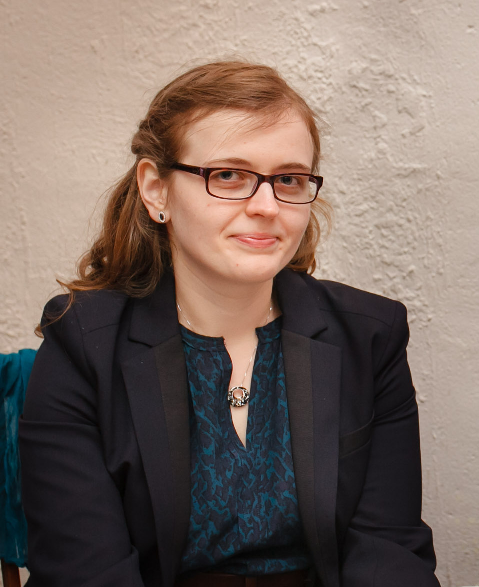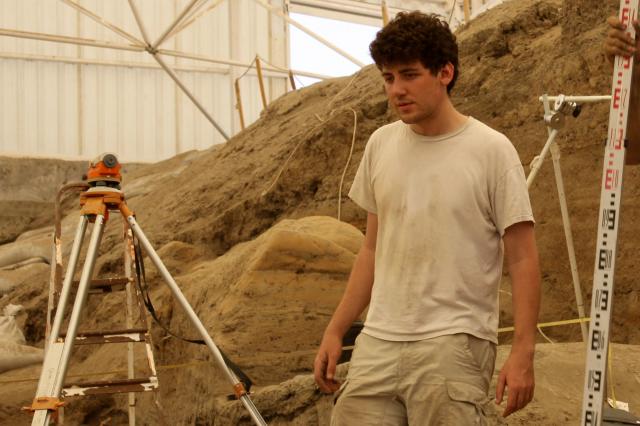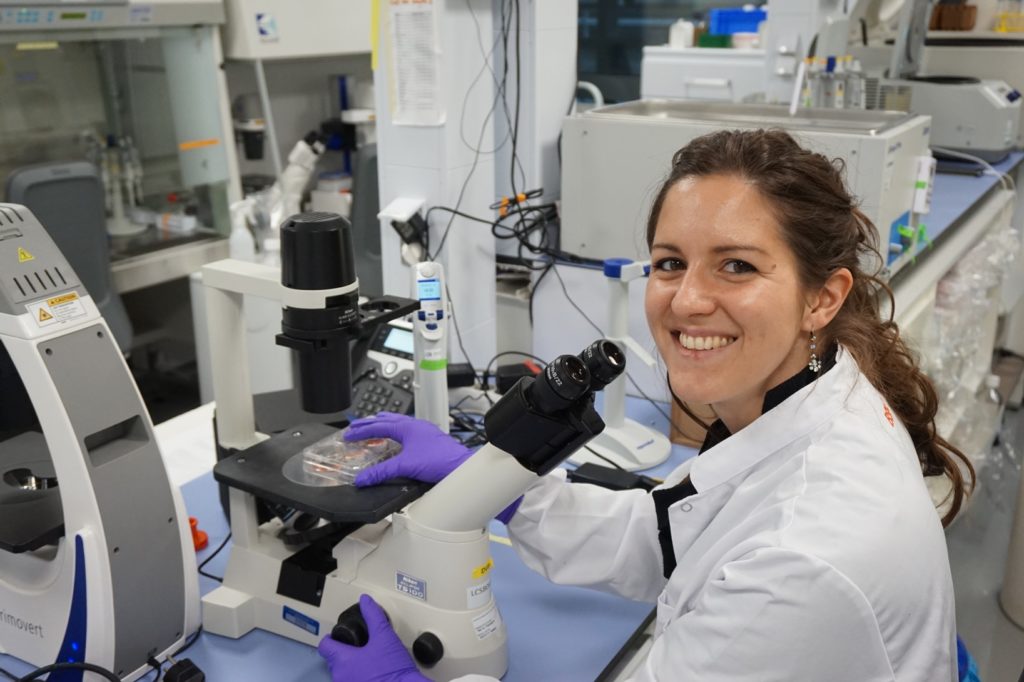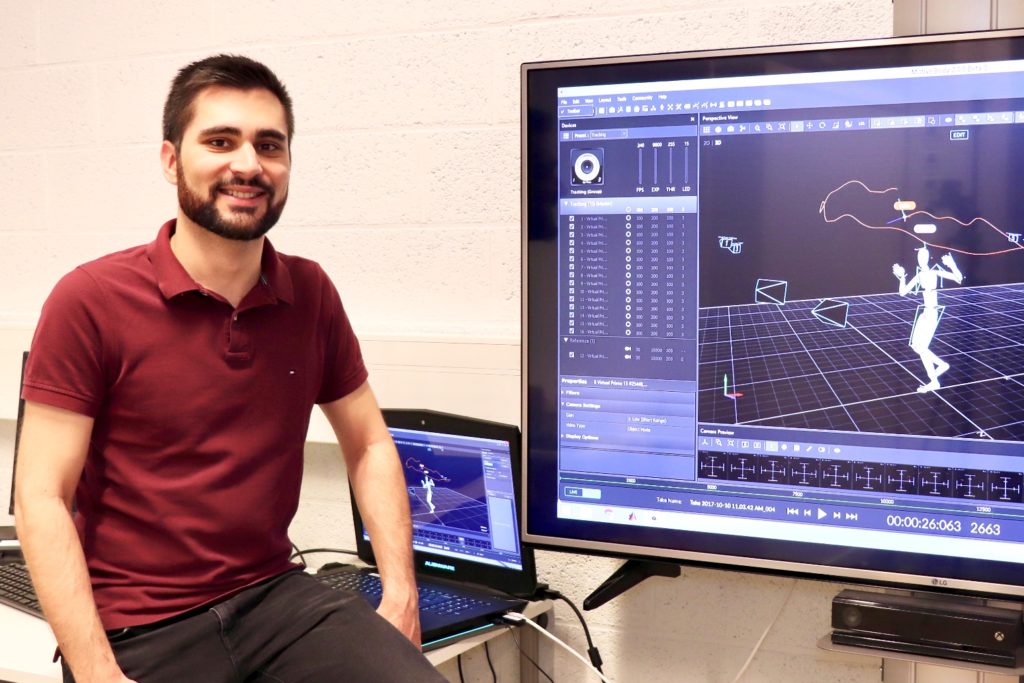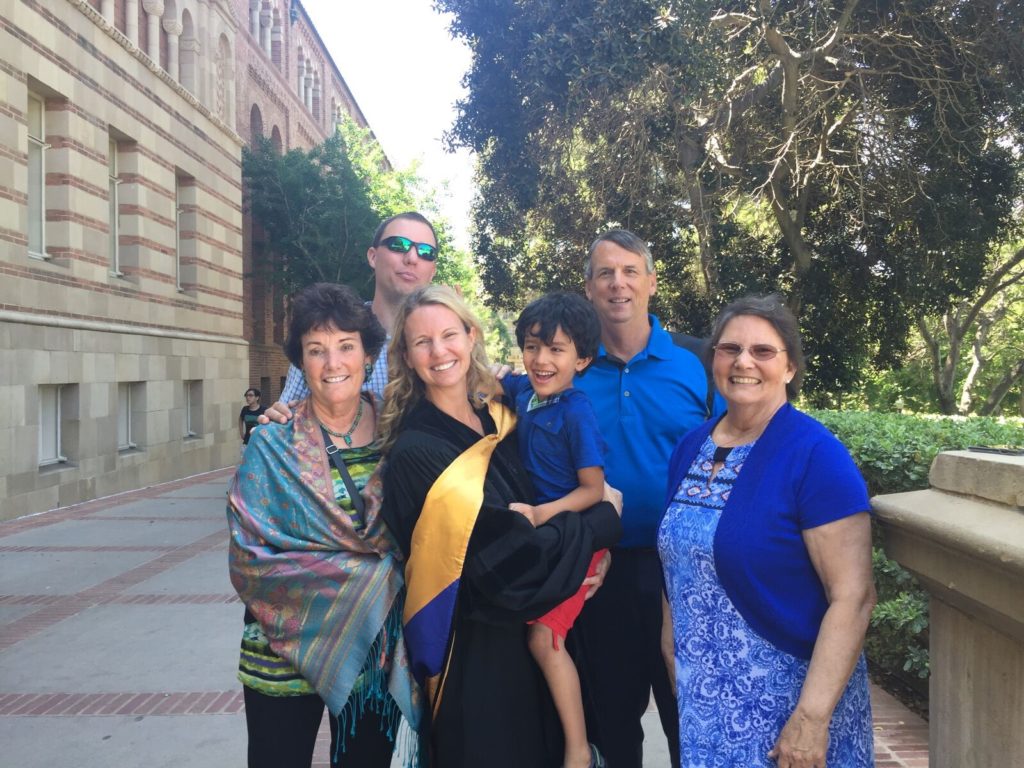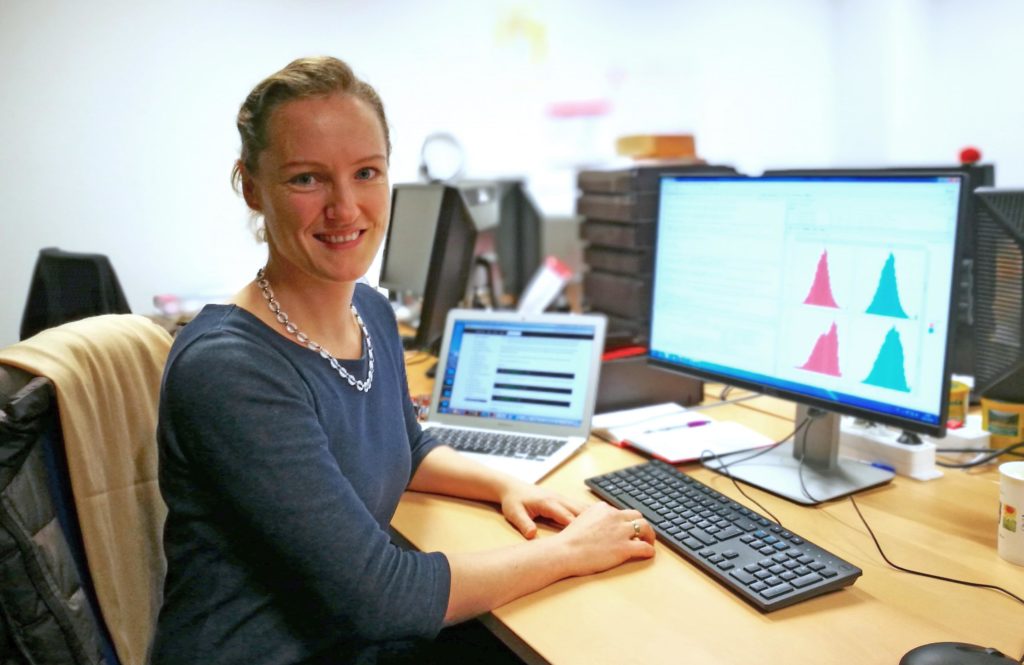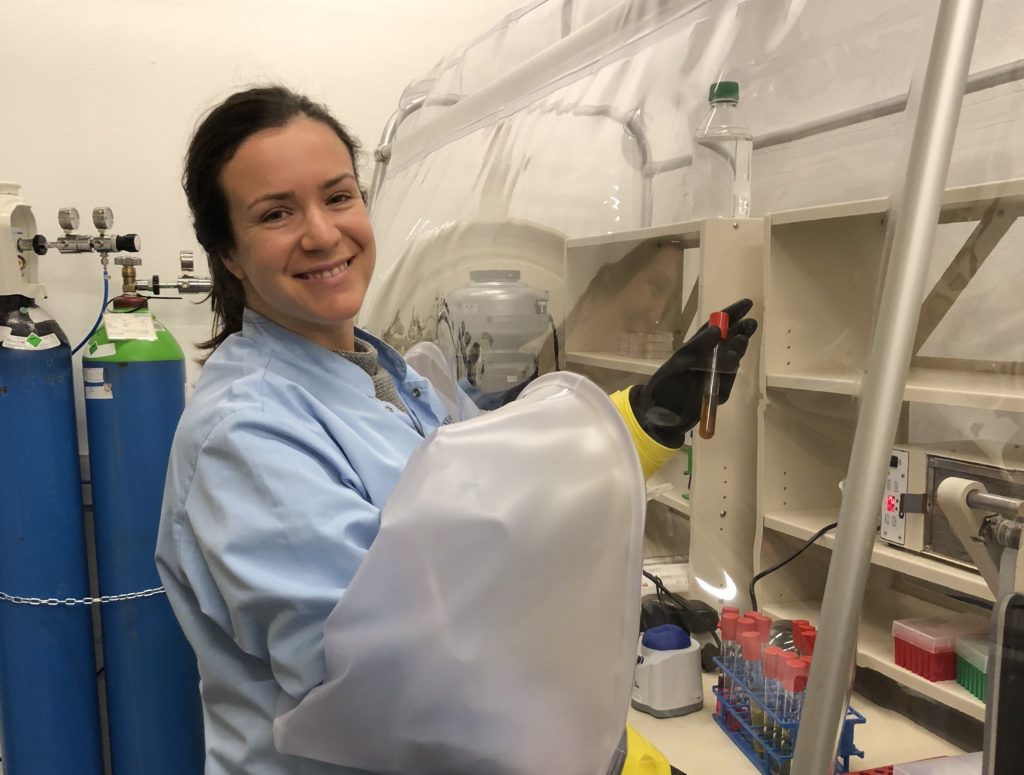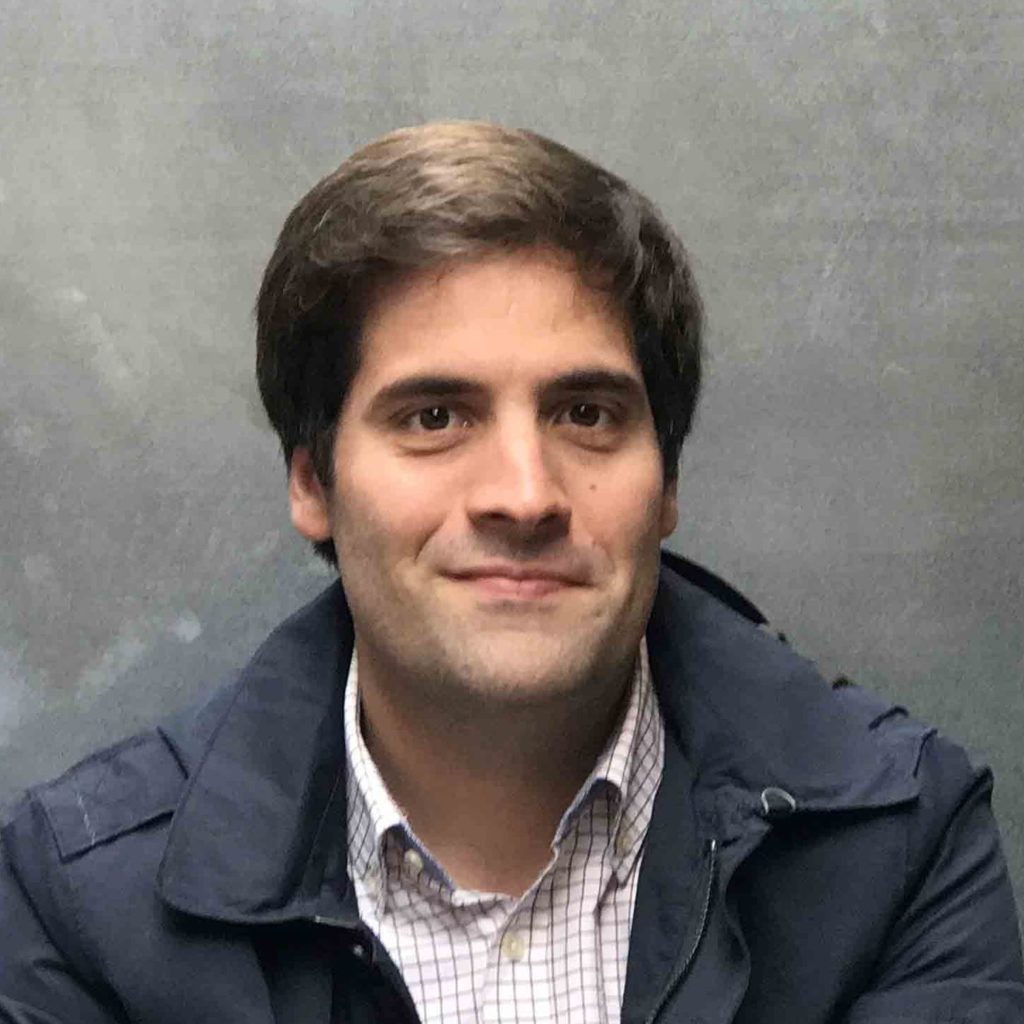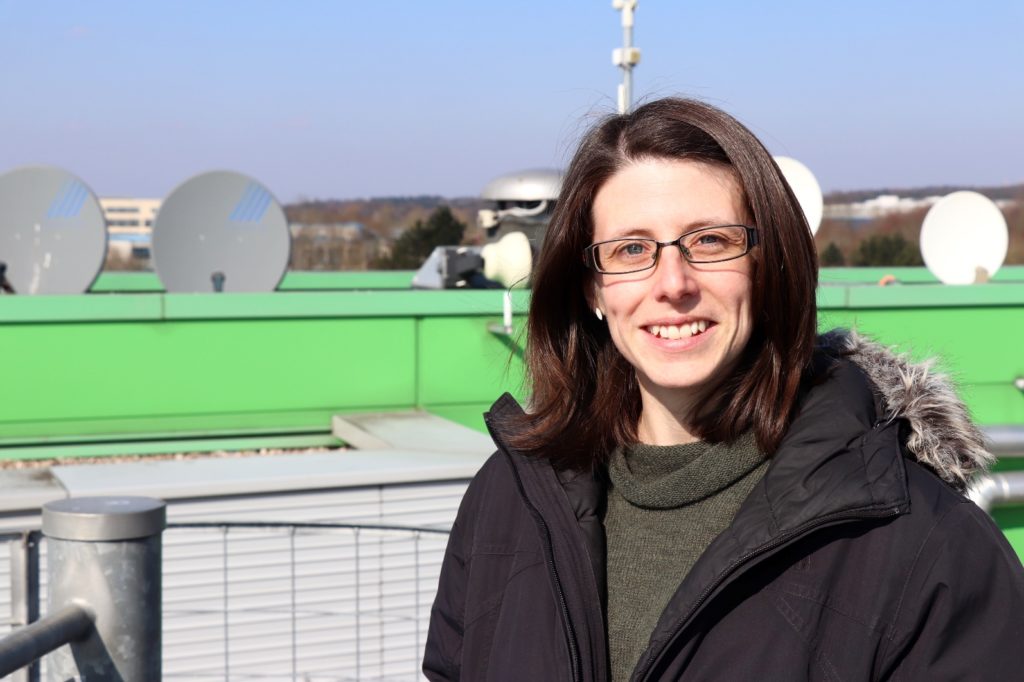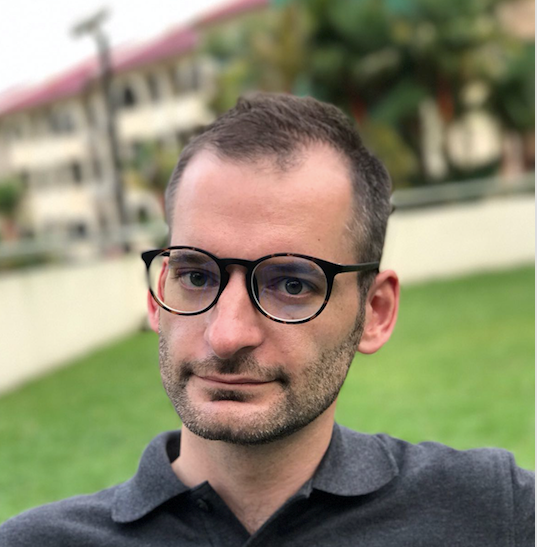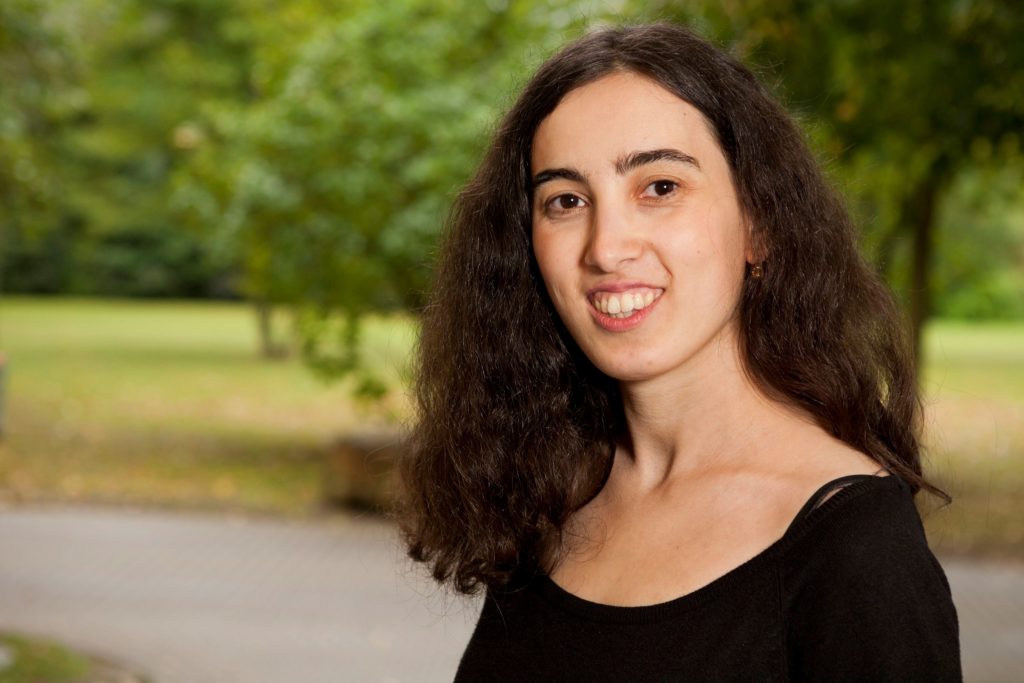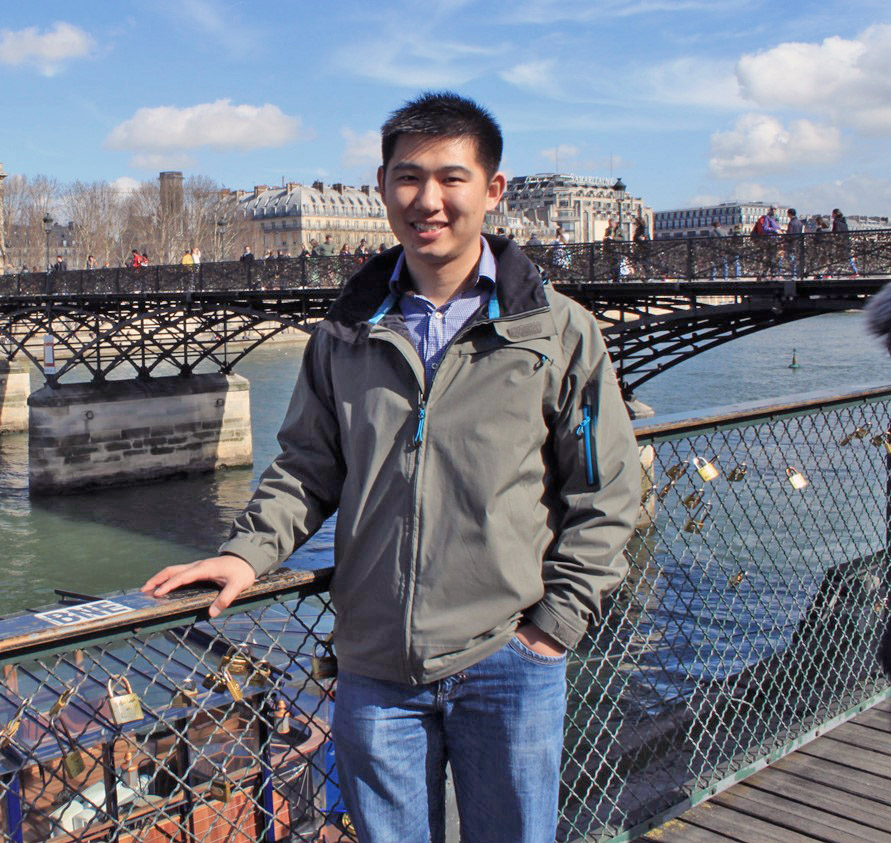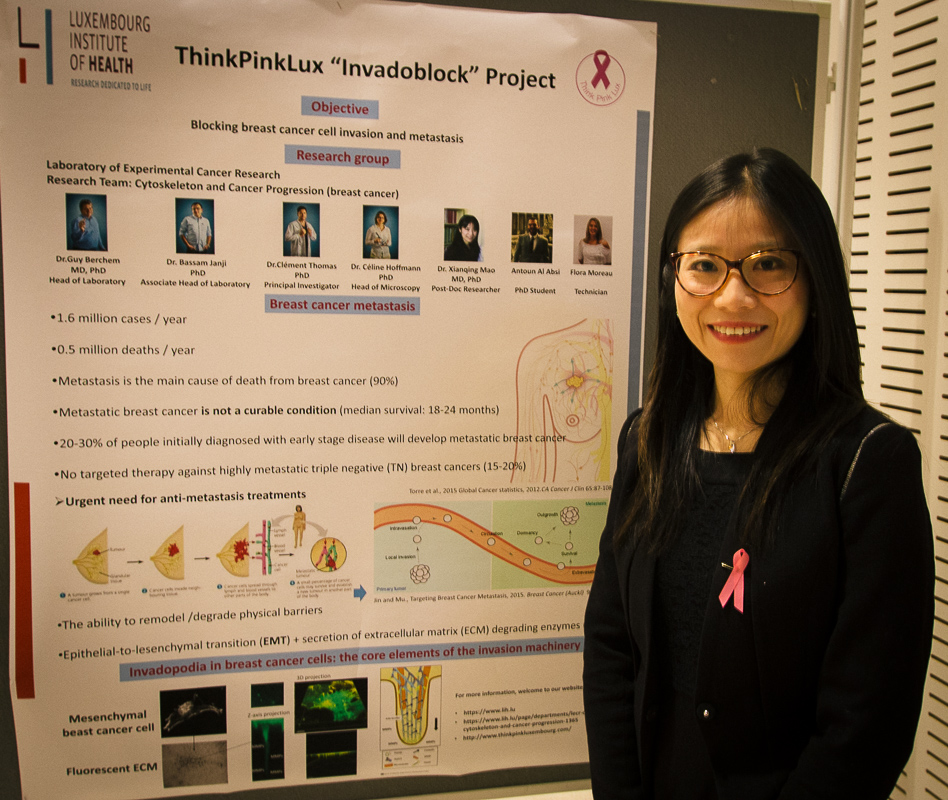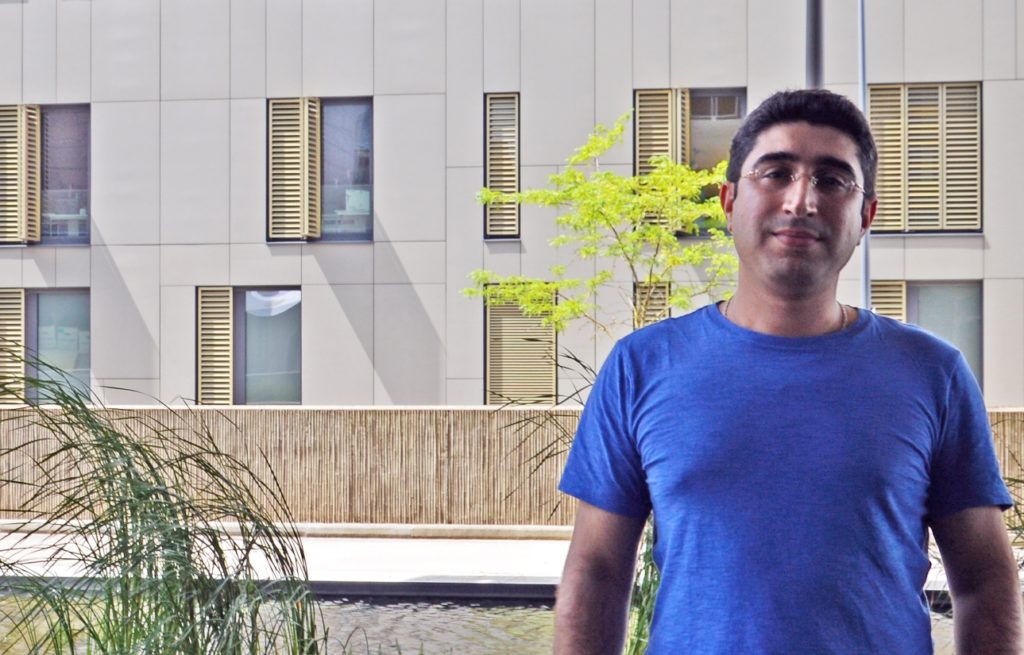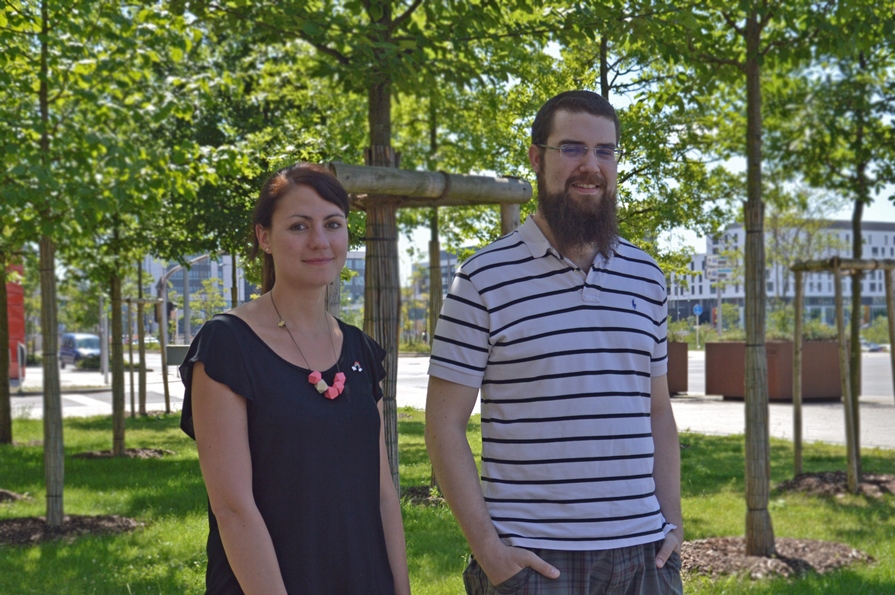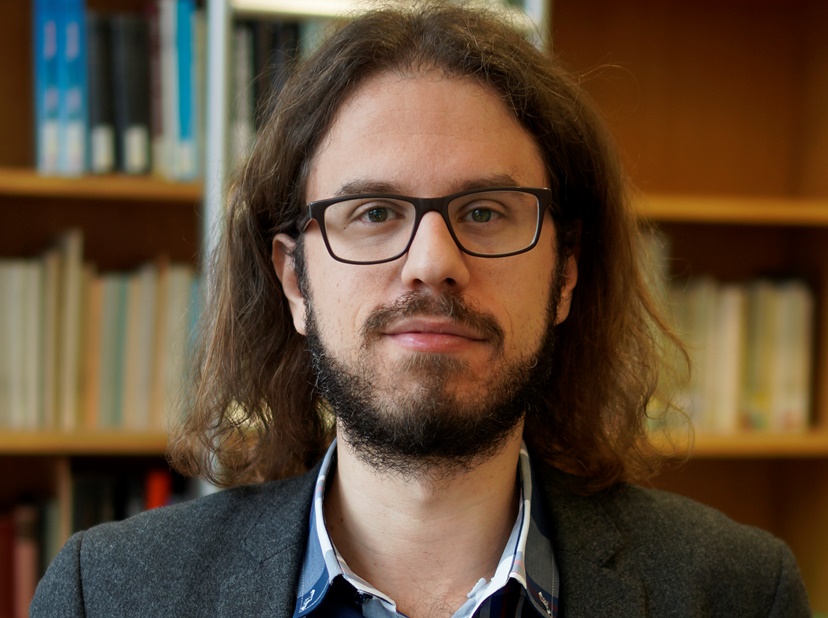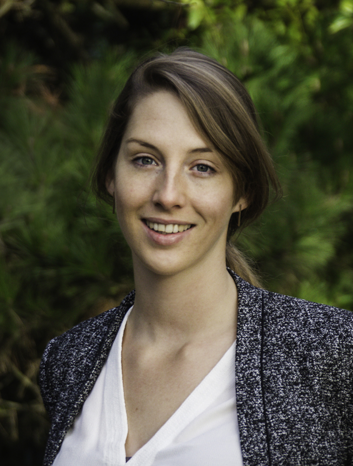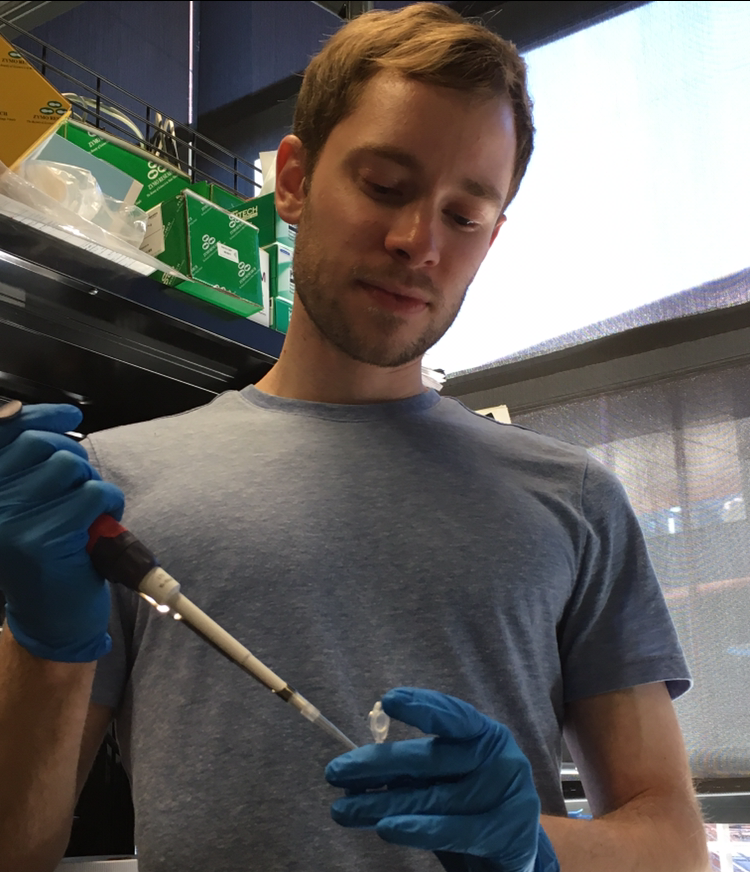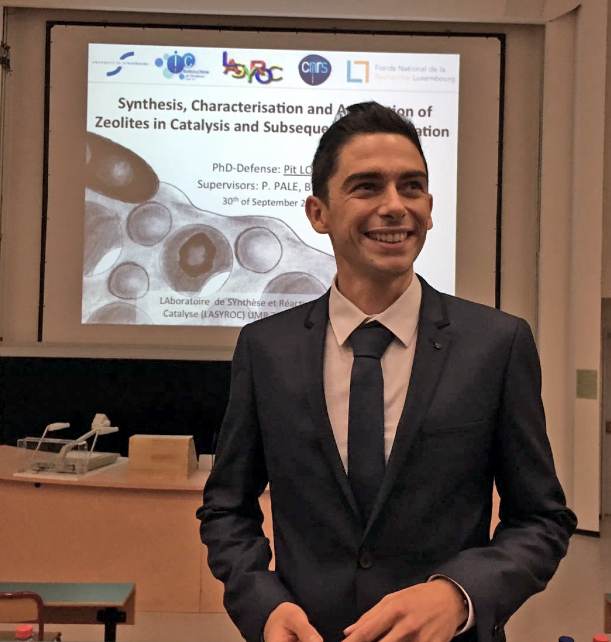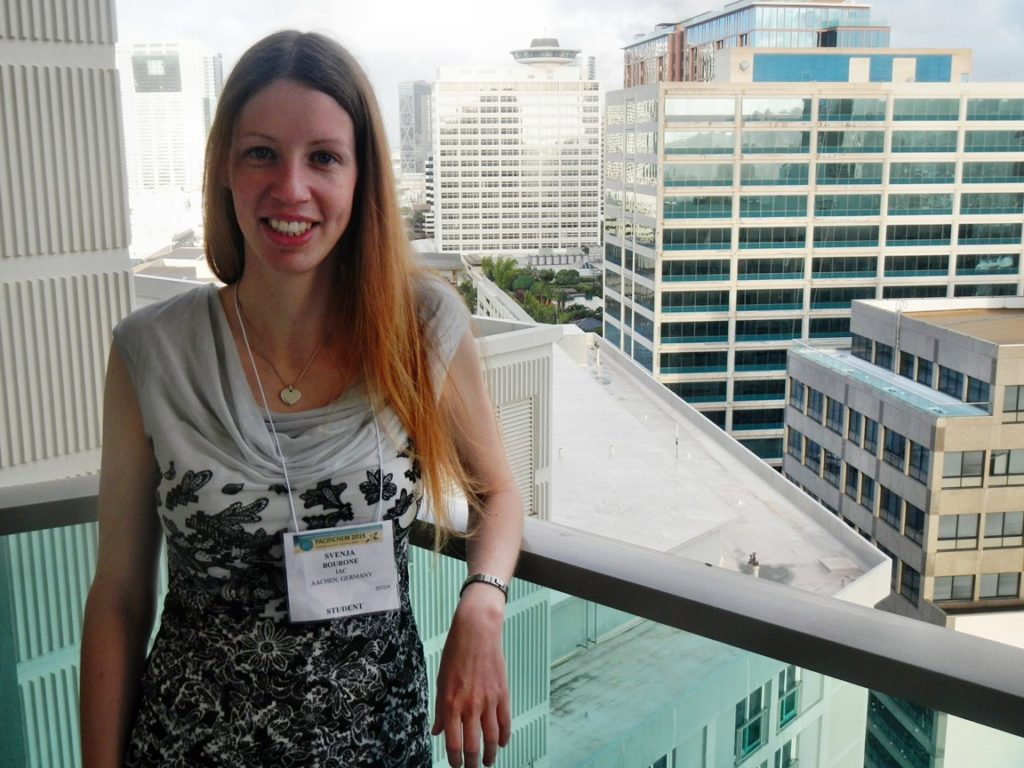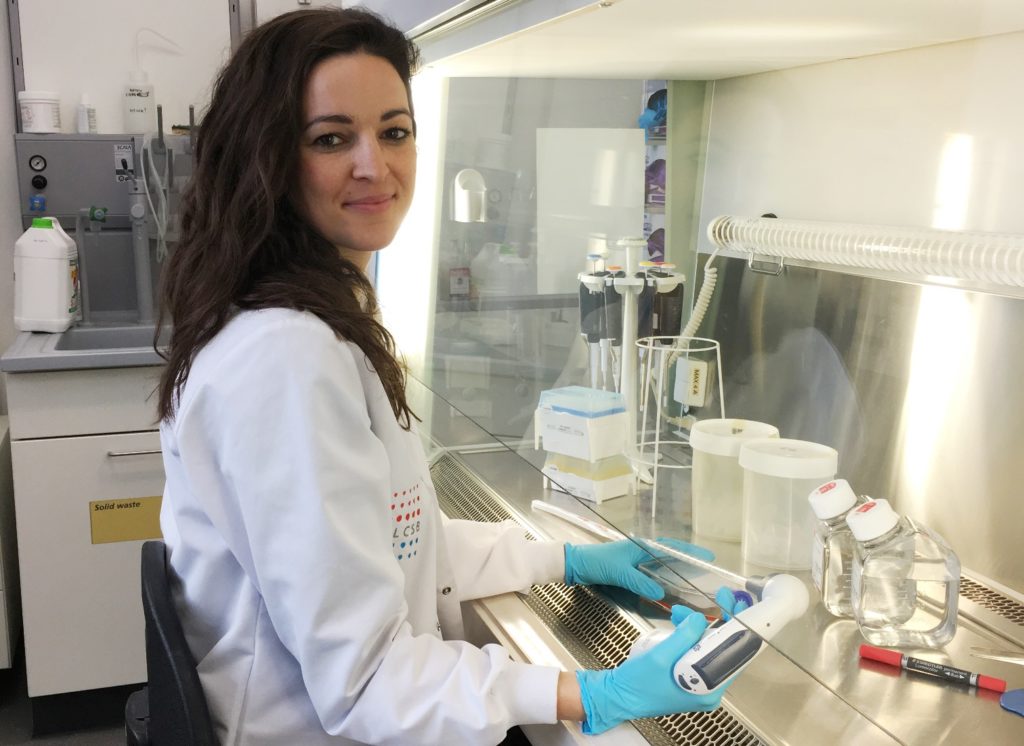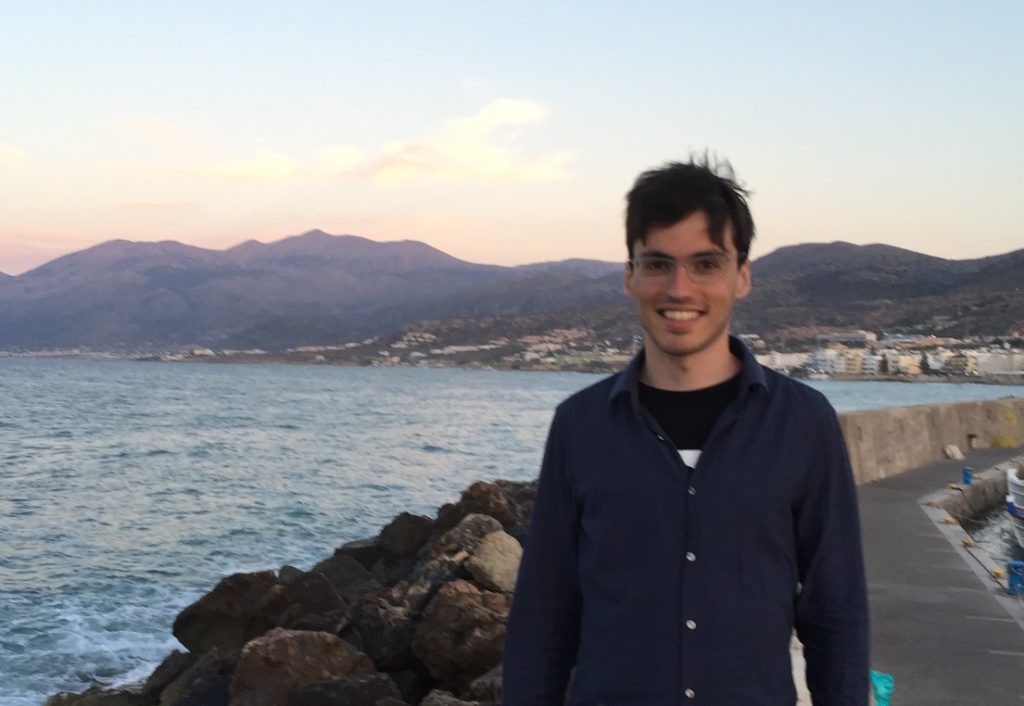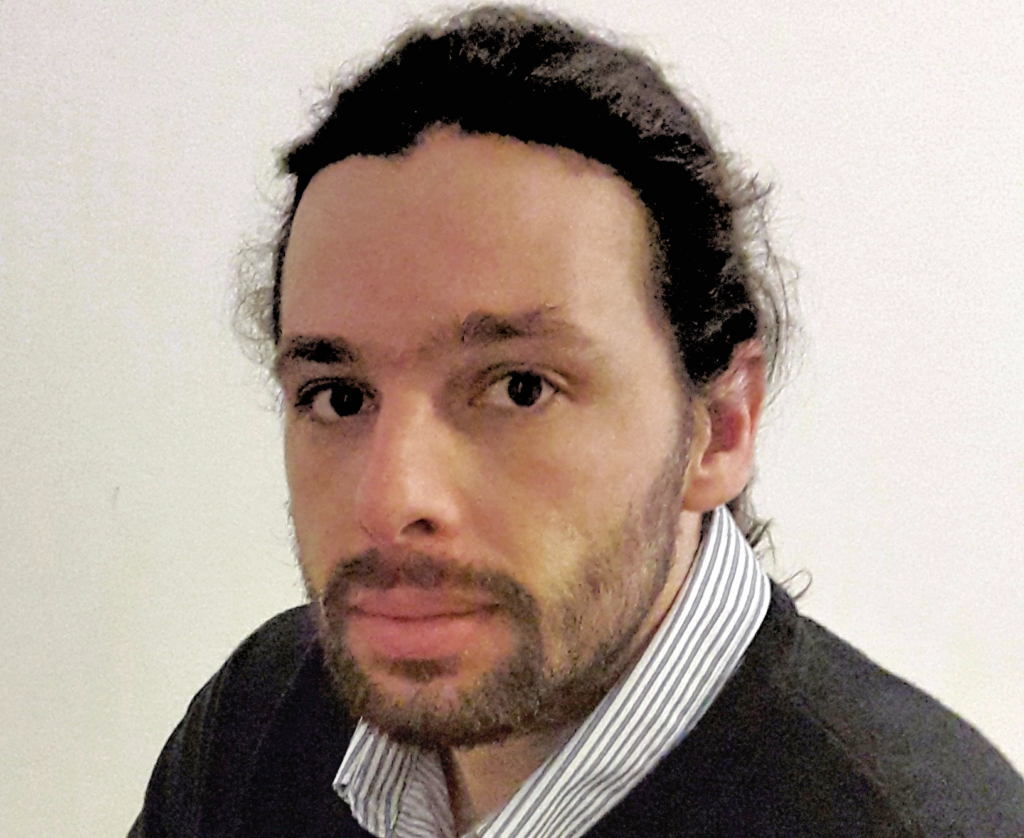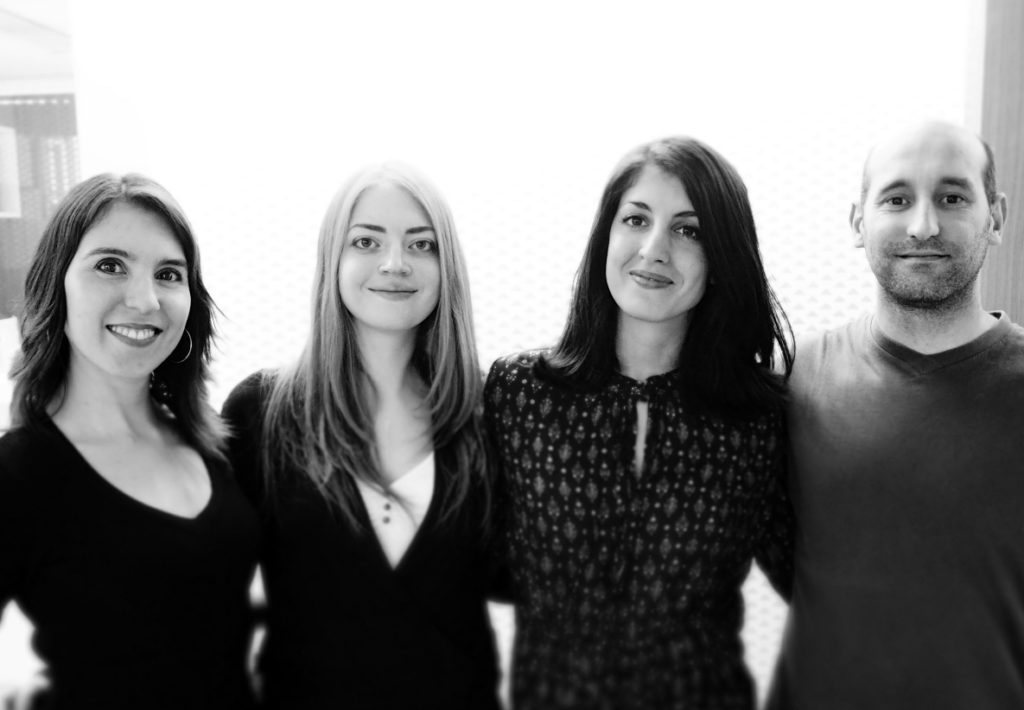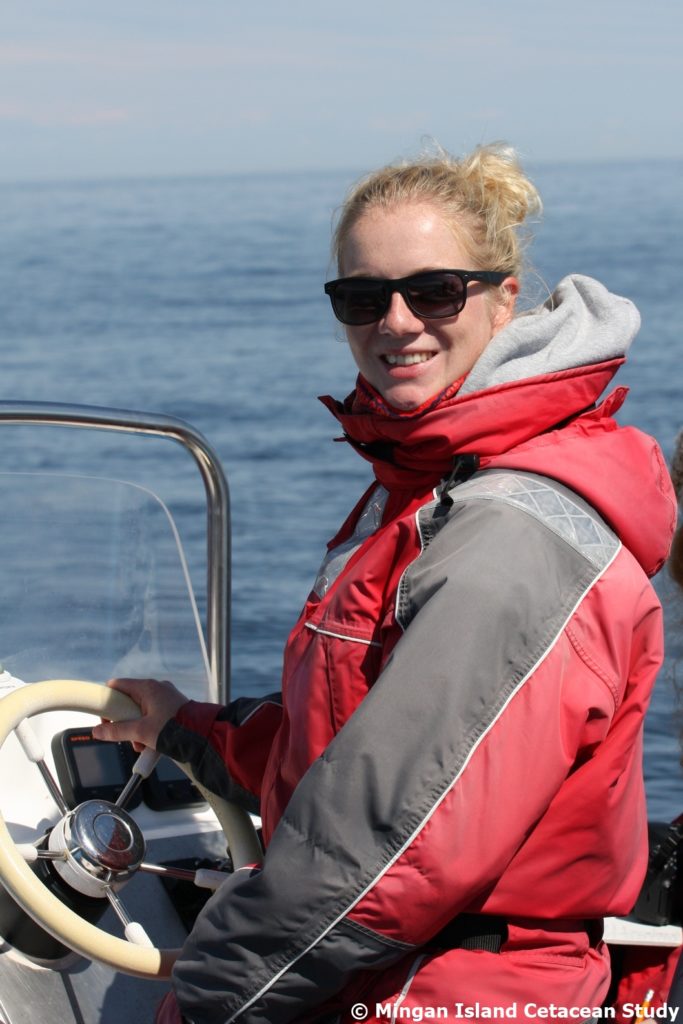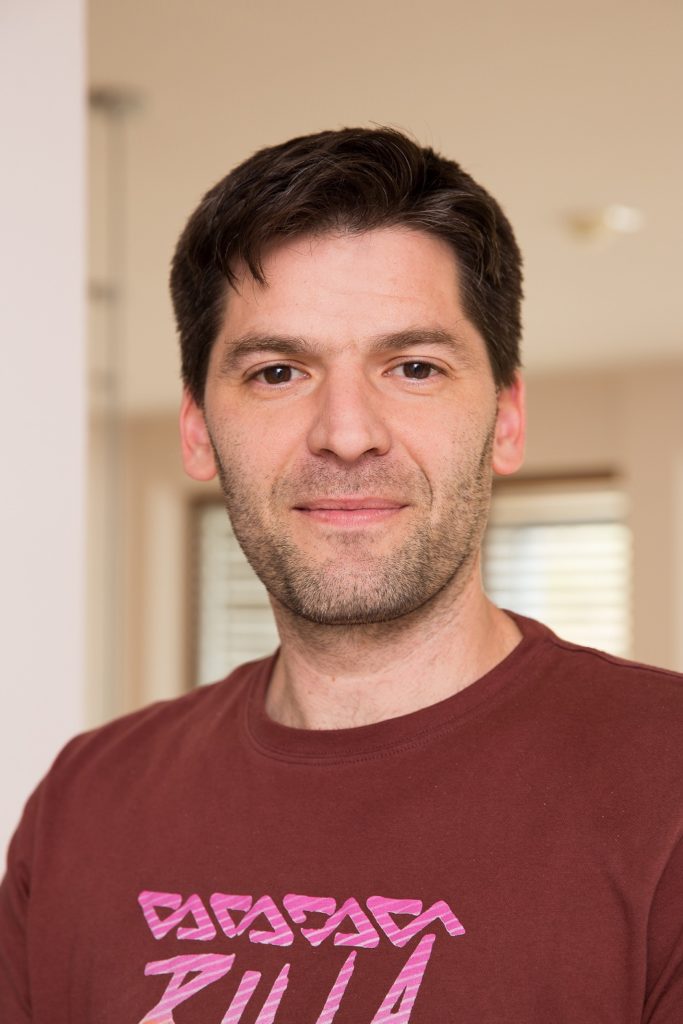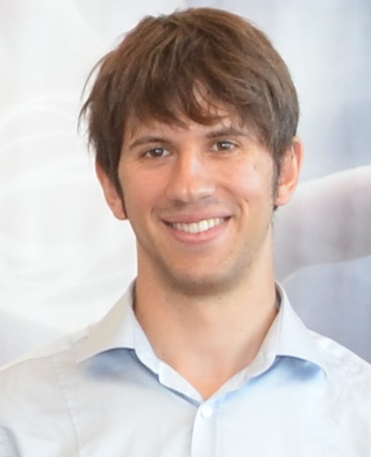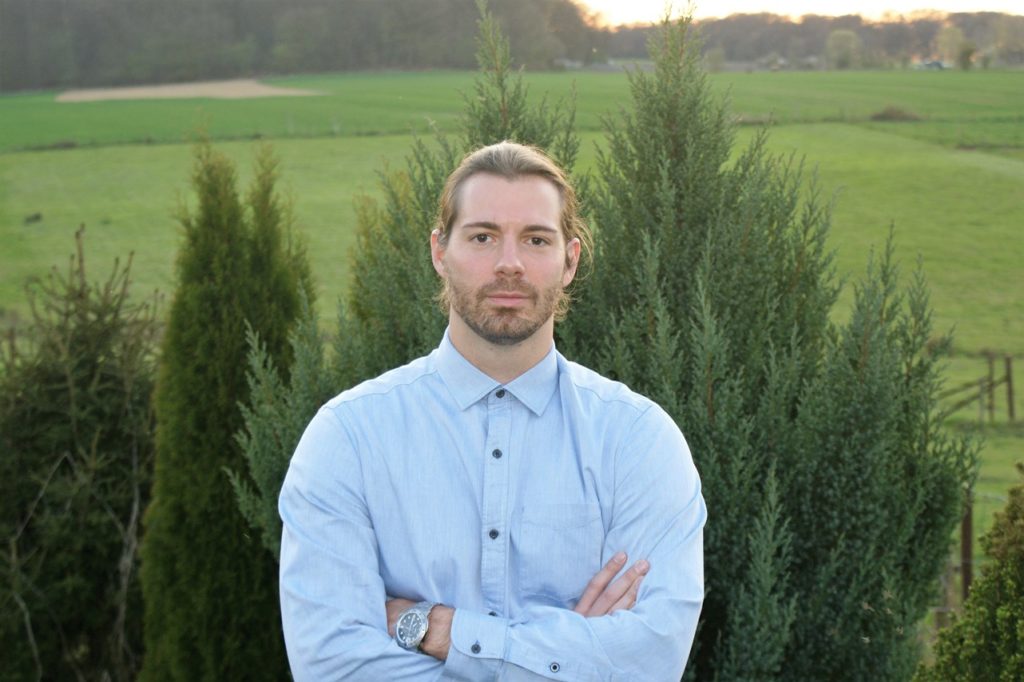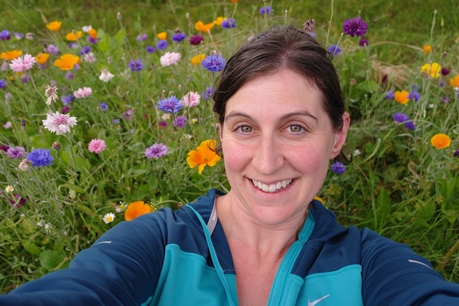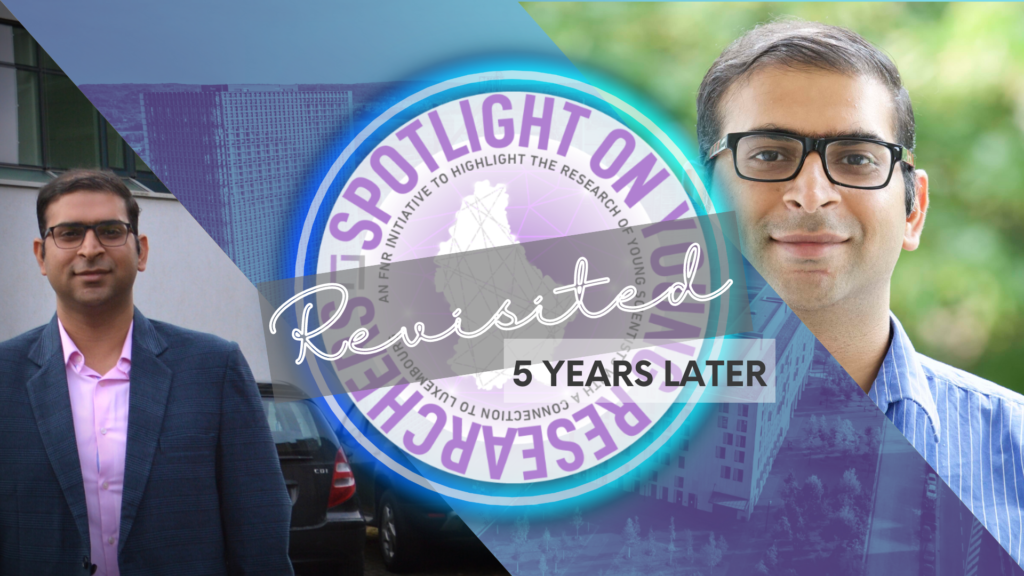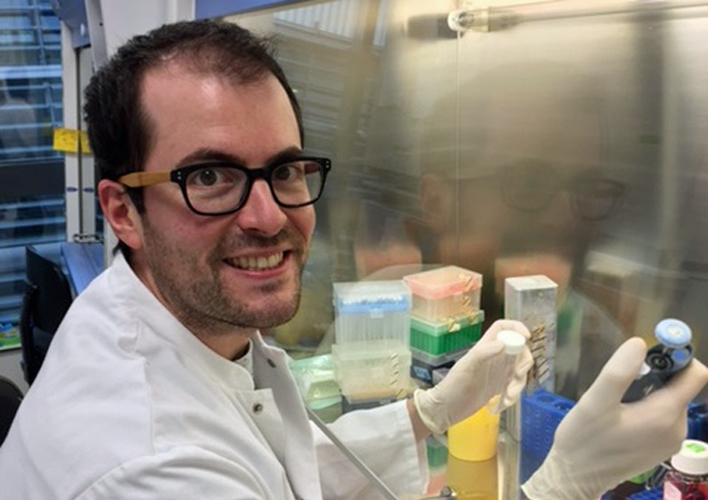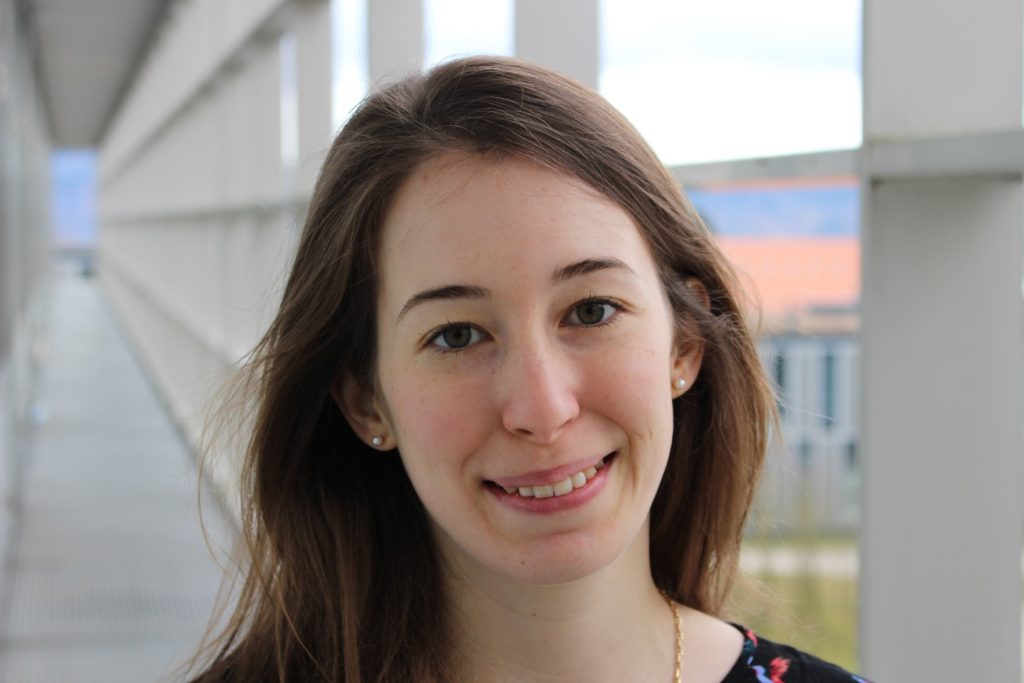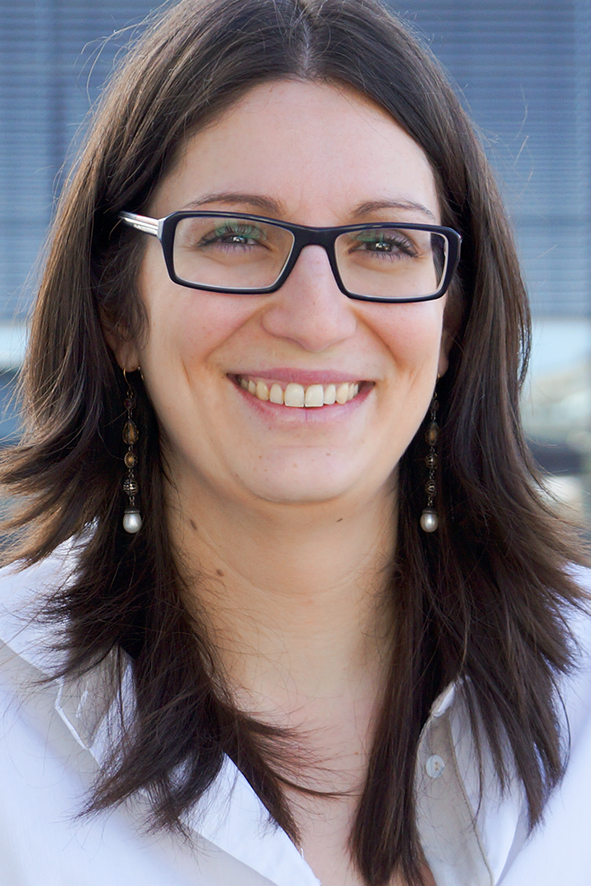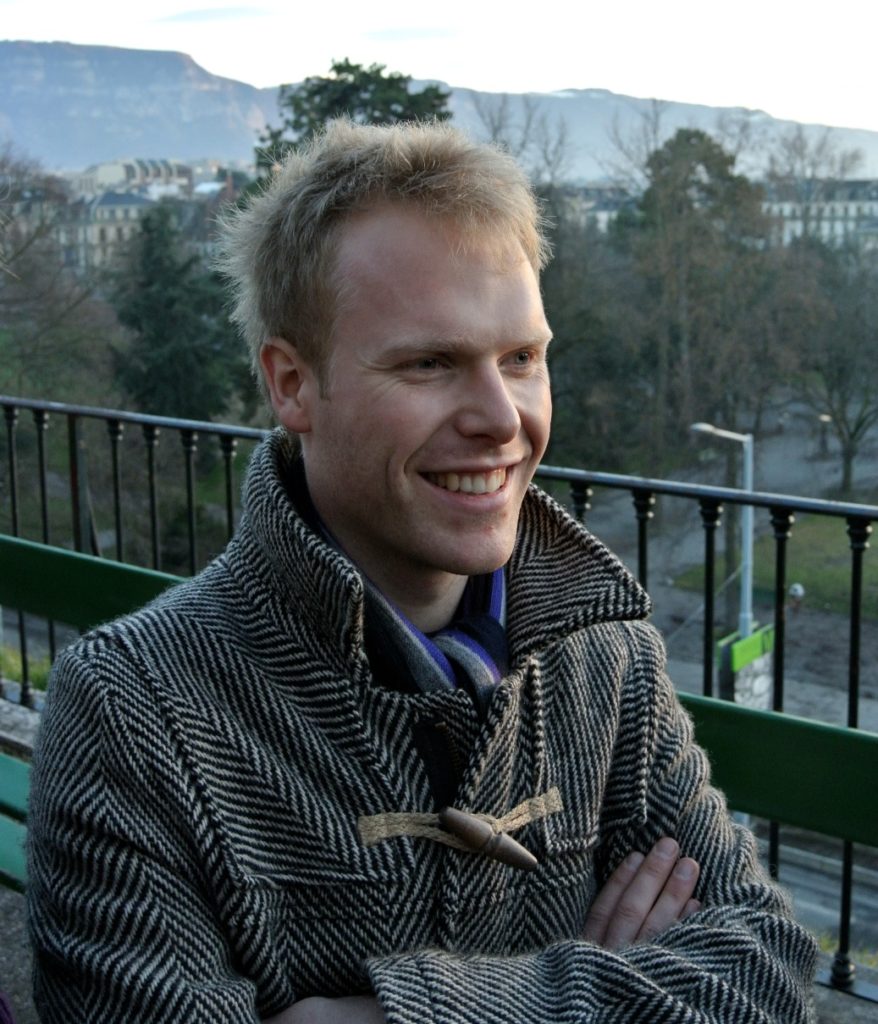Digitisation has had a significant impact on humanities research: not only has it changed how many scholars conduct their research, it has also led to completely new fields of research, such as digital humanities, a highly interdisciplinary science. Linguist Lorella Viola is interested in how software can enable critical digital humanities practice.
The influence of the digital in the humanities goes deep. It has on the one side enabled the preservation and rediscovery of vast quantities of heritage material, completely changing the way research can be done.
In computer science, on the other hand, researchers are increasingly integrating linguistic theories and social data into their models. This allows for an increase not only in performance, but also leads to significant advances in fields such as machine learning and Artificial Intelligence (AI). This is even truer now that the Covid-19 pandemic has forced digital adoption to take a quantum leap at all societal levels, on a global scale.
Strengthening and promoting cultural criticism in digital practices
Linguist Lorella Viola’s research revolves around how software can enable critical digital humanities practice: “In my research, I focus both on using technology and on the processes that generate it, including the historical, social, political, cultural and ethical impact of the digital for research.
“Working closely with a team of researchers, developers and designers, my role is to bring the critical thinking of the humanities not just to the functionalities of the software, but also to the very technologies, methods and infrastructures that support the project.
“The aim is to further strengthen and promote cultural criticism in digital practices by embedding the active role of the researcher in the process of knowledge production in a digital environment. Transparency, reproducibility and accountability are at the foundation of my research.”
In previous research, Lorella developed critical, data-driven methodologies that assist researchers in investigating the relationship between language, media and society in large historical textual repositories, such as The Times. Methodologies which have proven to be effective at identifying latent assumptions and implicit ideologies circulated historically through language use (e.g. race superiority).
Processes: Critical meets automated
Research has only just started to critically reflect upon the wider repercussions of the digital for society, “particularly now that the reassuring promises of neutrality, objectivity, fairness and accuracy have turned out to be illusory. The exploration of the ethical and legal implications of advances in AI are an example,” Lorella explains.
A big challenge is seen in the struggle to integrate methods: computer science delivers solutions that enable the automation, or semi-automation of analytical processes. However, the humanities still largely prefers to take critical approaches: “Many more conversations need to happen before we can have an honest interaction with the digital,” Lorella adds.
Lorella’s work is part of the ‘Digital History Advanced Research Projects Accelerator’ (DHARPA), which brings together an interdisciplinary team working to enable critical digital history practice. The project is led by FNR PEARL Chair Sean Takats at the Luxembourg Centre for Contemporary and Digital History (C2DH) at the University of Luxembourg. Lorella’s research feeds into the team’s work towards building software to facilitate computational analysis, replicability, transparency, Open Access publication, standardisation and research dissemination.
“Within DHARPA, researchers and developers closely collaborate to develop the computing system for analysing complex data that will constitute the basis of the software. This mutually rewarding process is a collaborative research and development project which presents challenges and offers opportunities to solve both technical and research problems,” Lorella concludes.
Find out more about the DHARPA project

It's finally out!!! Today we release DeXTER, an #app to explore entities in a #digitalheritage collection🥳🍾🤩Check out the full @github repo, the app, and the collection including a tutorial to build your own app here👇https://t.co/pAGsPhw8f4 @C2DH_LU @rstudio @uni_lu @FnrLux pic.twitter.com/cfeGIfW65U
— Lorella Viola (@ViolaLorella) March 24, 2021
RELATED PROGRAMMES
MORE ABOUT DR LORELLA VIOLA
On making it work during Covid-19 pandemic
“When Covid-19 happened, the whole team had to start working remotely literally overnight. This meant that everything was moved virtually, including prototyping and brainstorming sessions, new hiring and onboarding. There are people in my team I have daily extensive conversations with, but I actually never met in person.”
On herself, the scientist / linguist
“As a linguist, finding the meaningful elements hidden within large digital repositories is increasingly important and challenging because such mass of digital data has created a complexity that is not easily resolved by close reading. Computer science methods help me identify relevant information, which I then triangulate with socio-historical material for further analysis.”
On choosing Luxembourg to do her research
“I came to Luxembourg because the Centre for Contemporary and Digital History (C2DH) where I am based is of the highest expertise and resources in Europe for the study of the epistemological consequences of digital technologies for history and the humanities at large. C2DH is for me the perfect environment to explore how to embed criticality into the development and application of digital tools and methodologies for humanities and social science research as well as to foster transparency, reproducibility and accountability in digital humanities practice. C2DH is also highly interdisciplinary and therefore it was the natural fit for my research.”
About Spotlight on Young Researchers
Spotlight on Young Researchers is an FNR initiative to highlight early career researchers across the world who have a connection to Luxembourg, with nearly 100 features published since 2016.
More in the series SPOTLIGHT ON YOUNG RESEARCHERS
- All
- Cancer research
- Environmental & Earth Sciences
- Humanities & Social Sciences
- Information & Communication Technologies
- Law, Economics & Finance
- Life Sciences, Biology & Medicine
- Materials, Physics & Engineering
- Mathematics
- Research meets industry
- Sustainable resource mgmt
- Women in science






